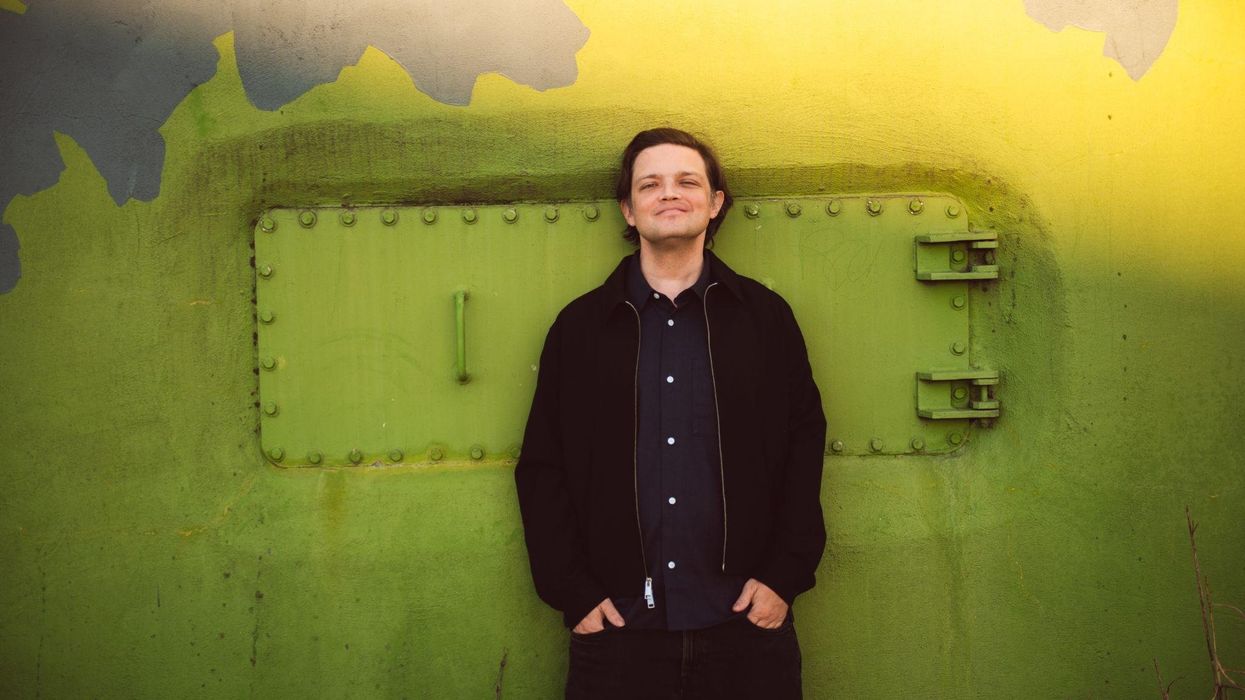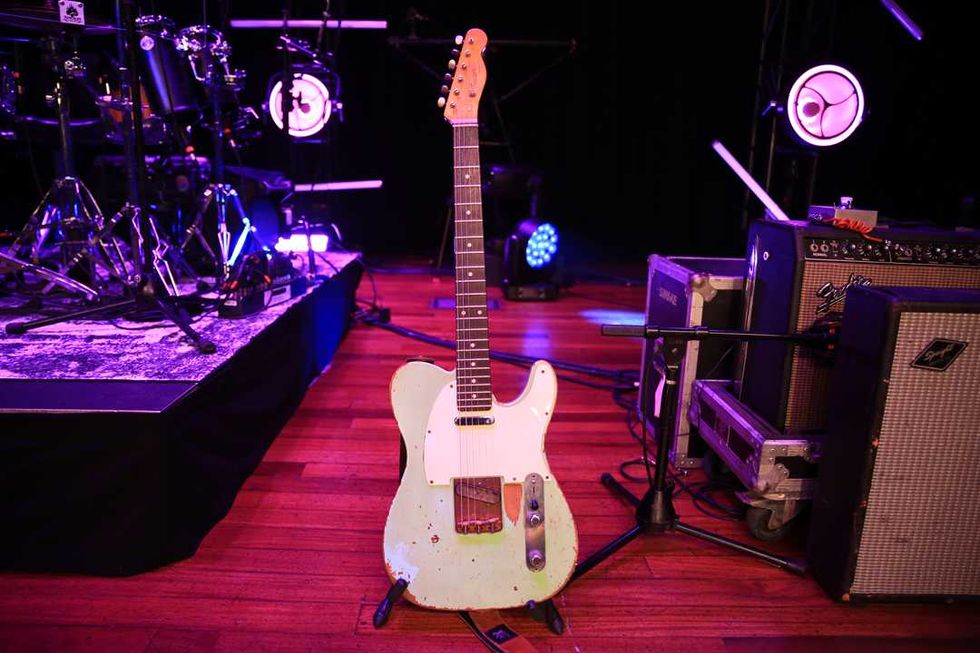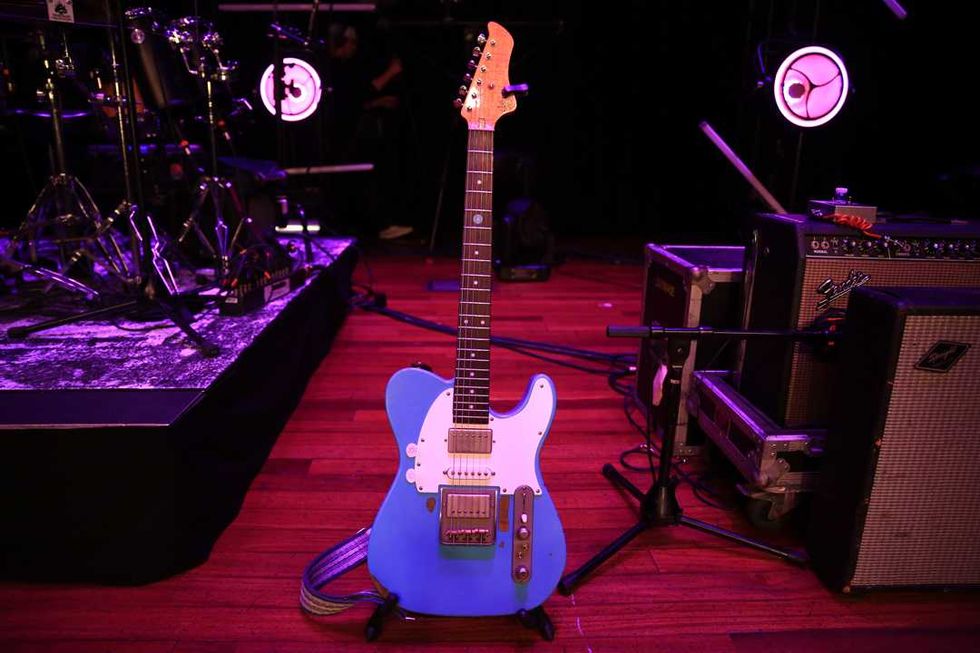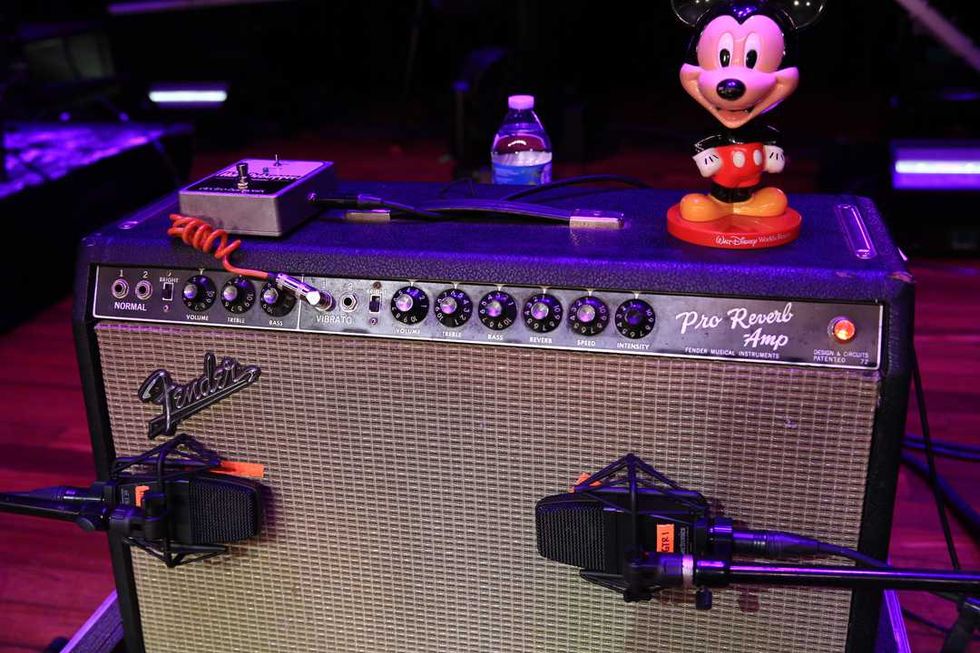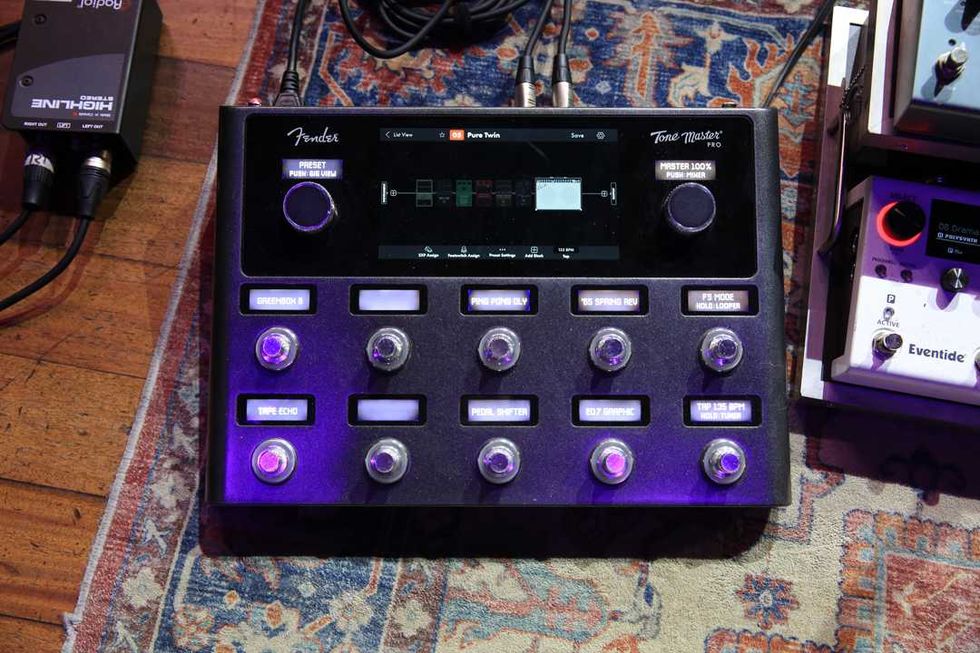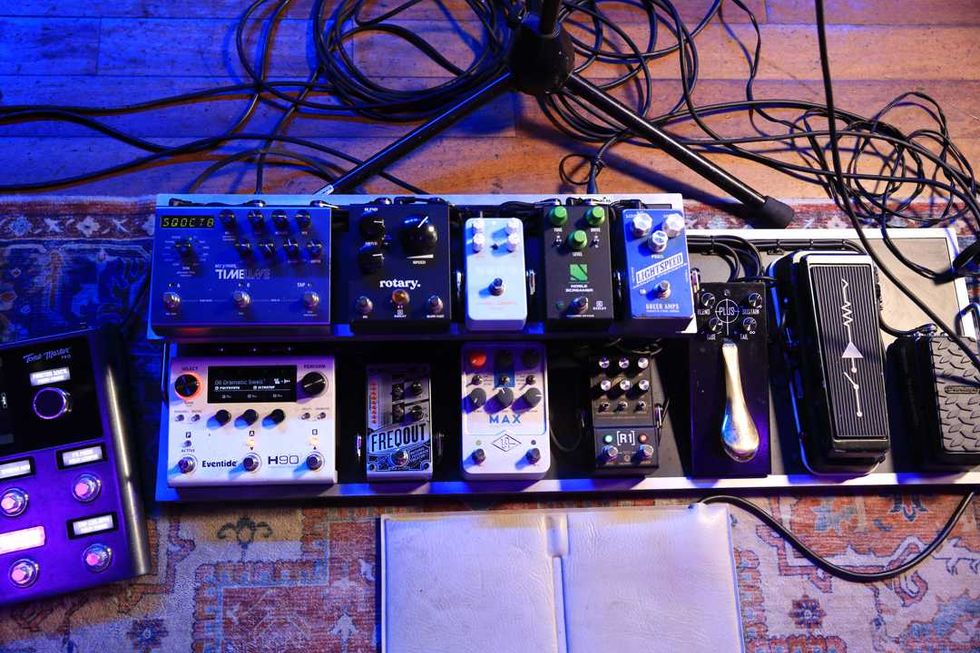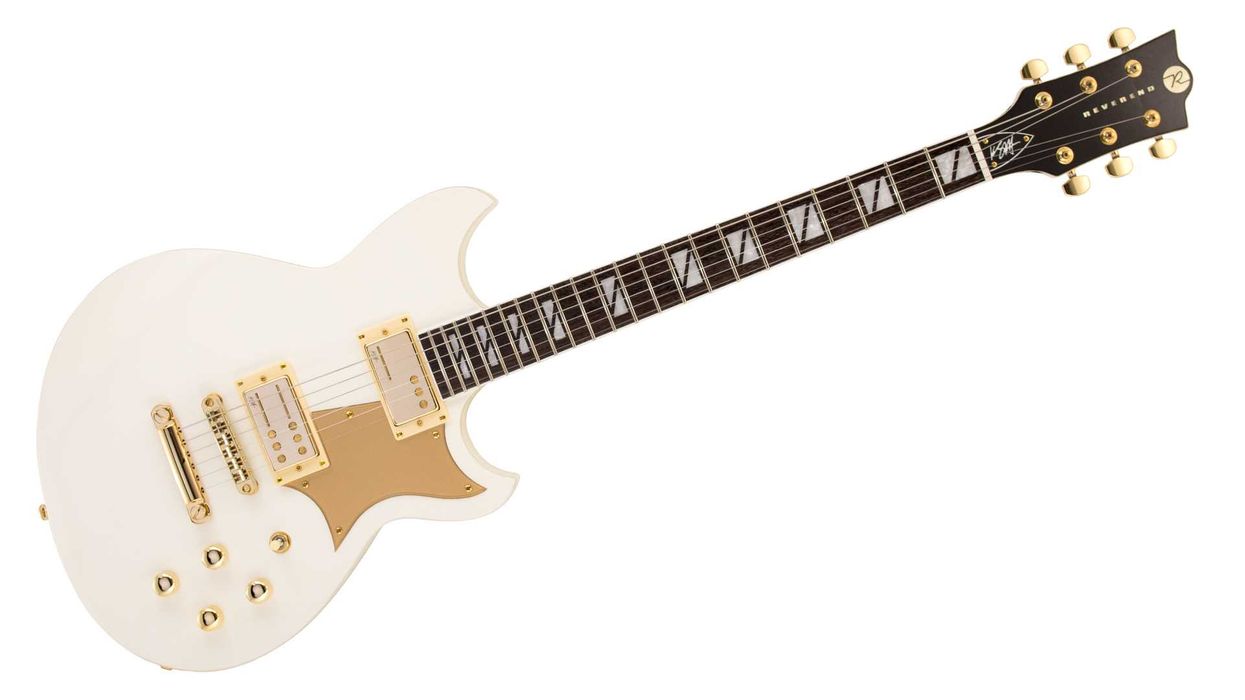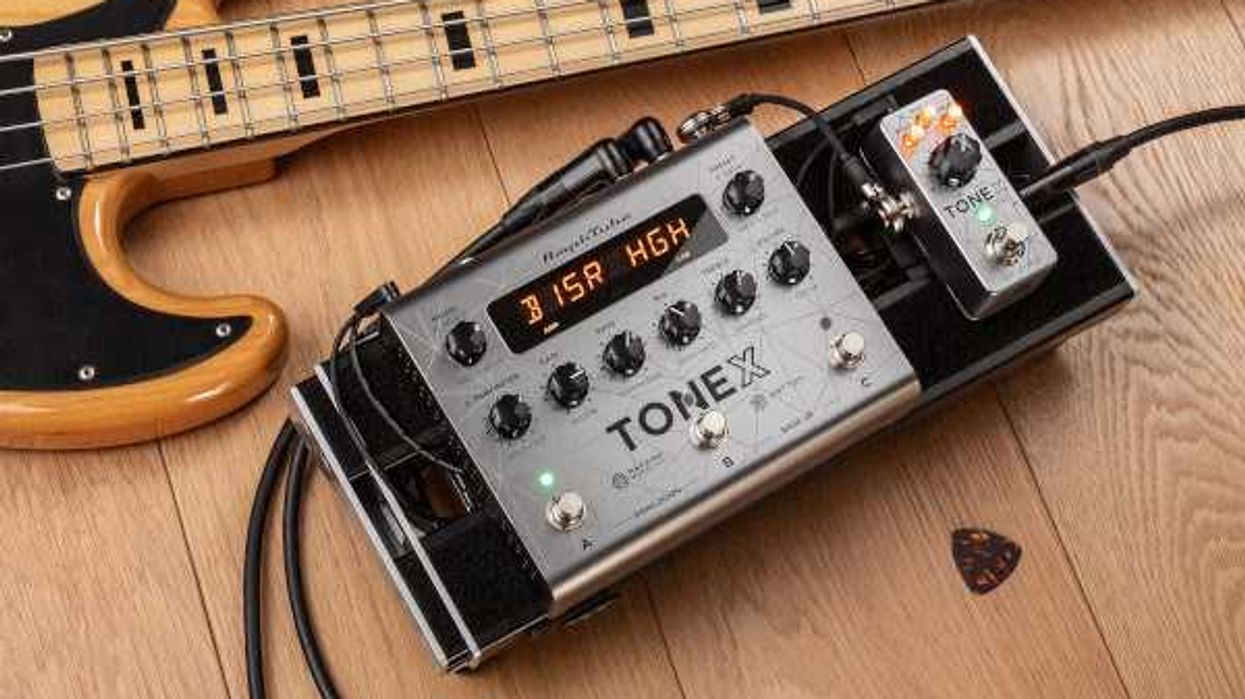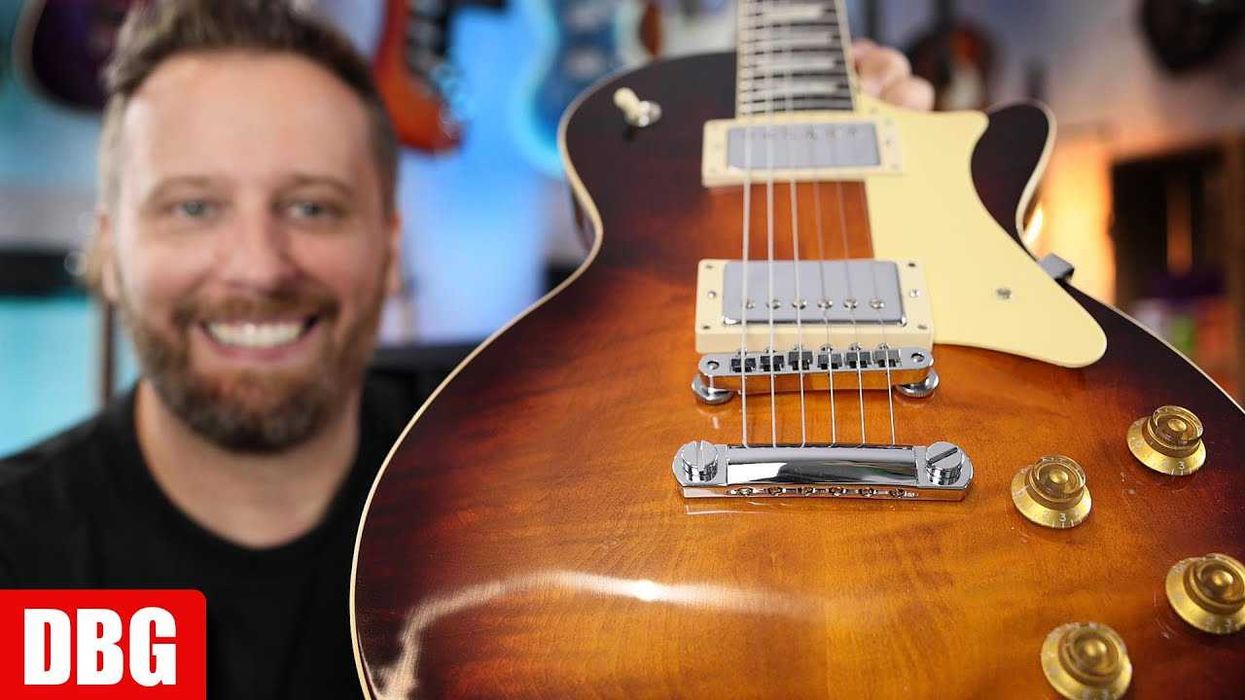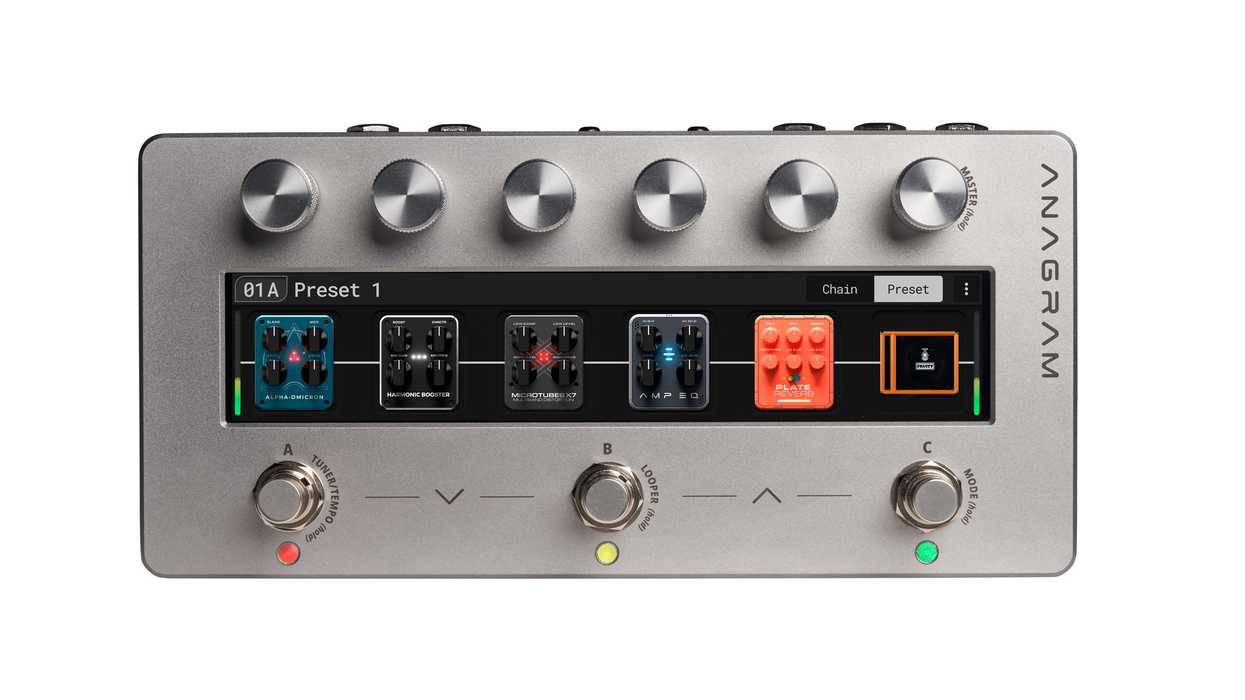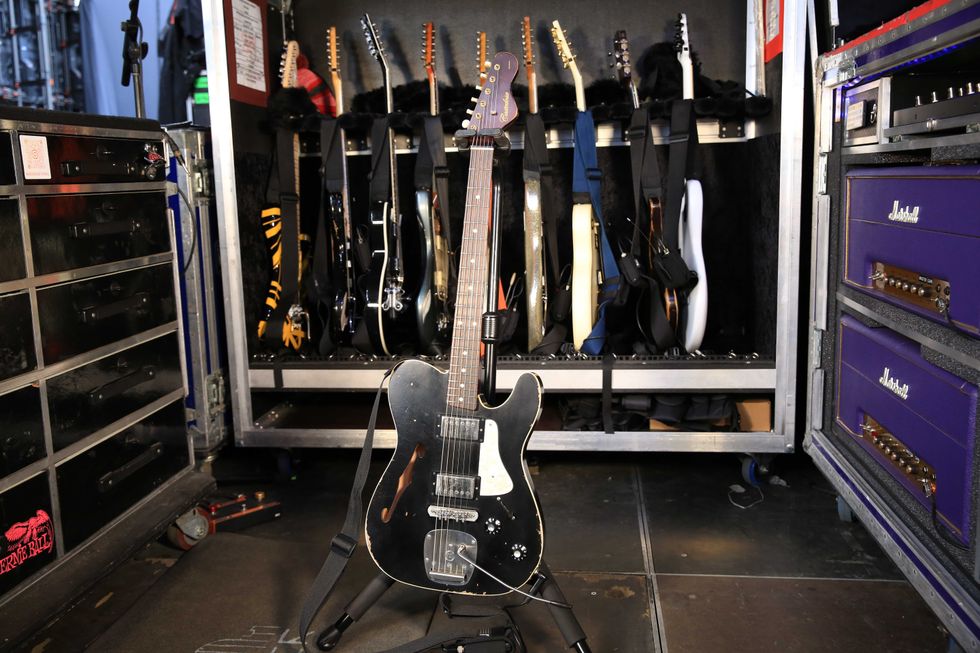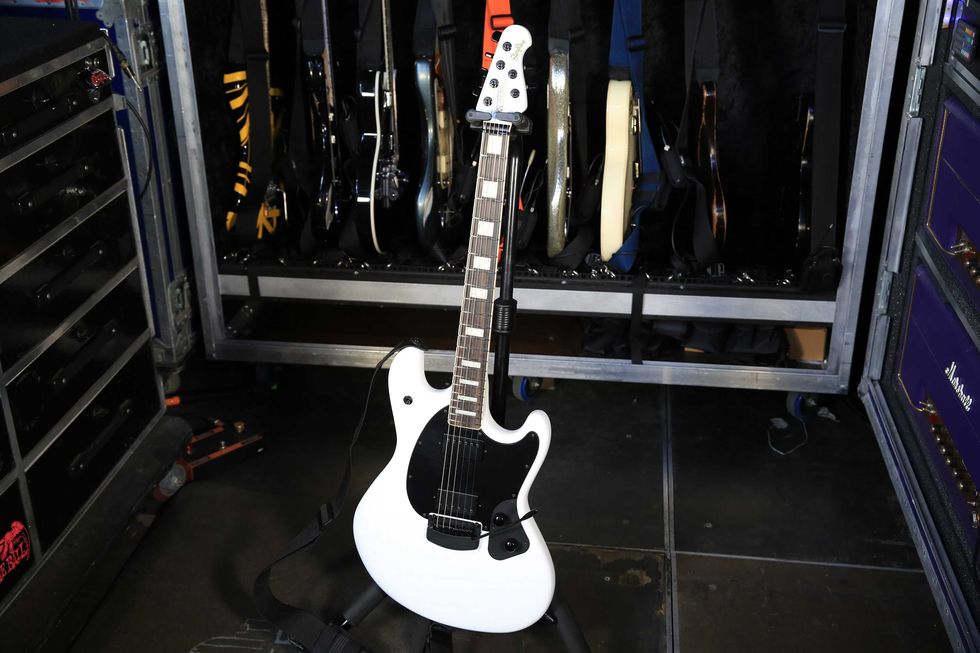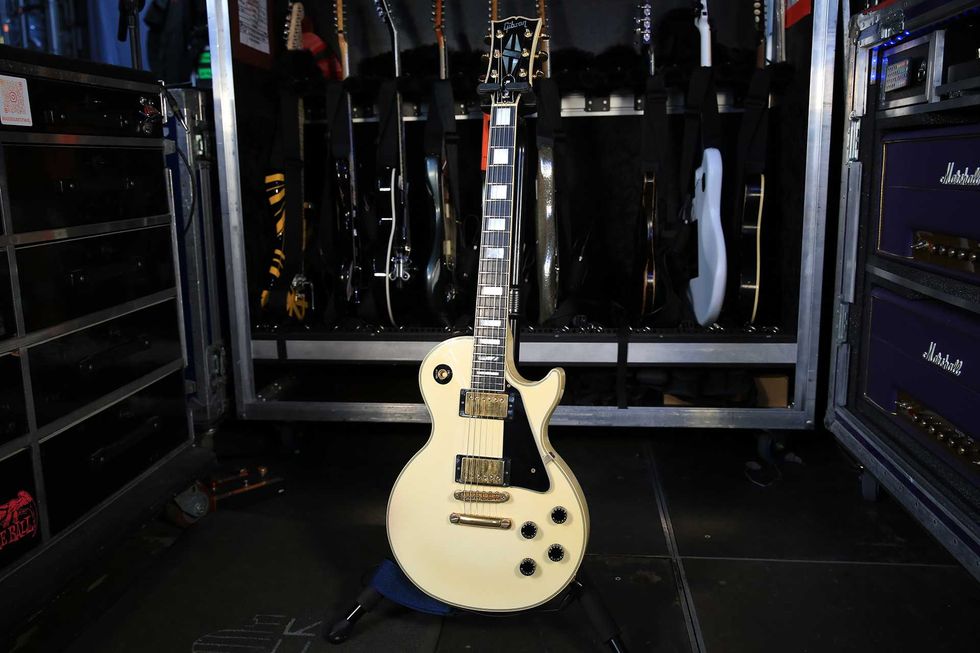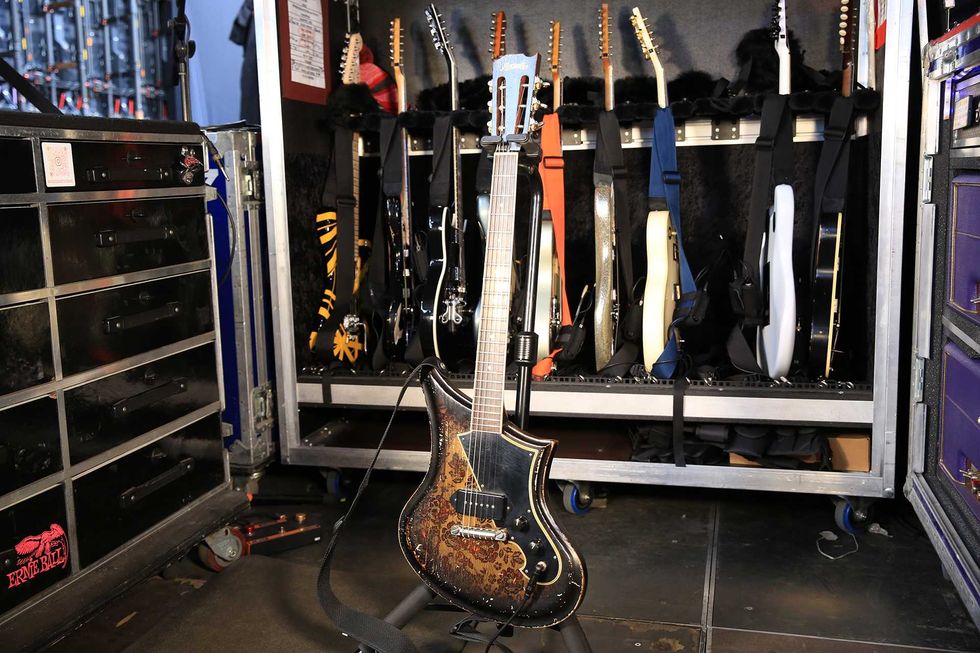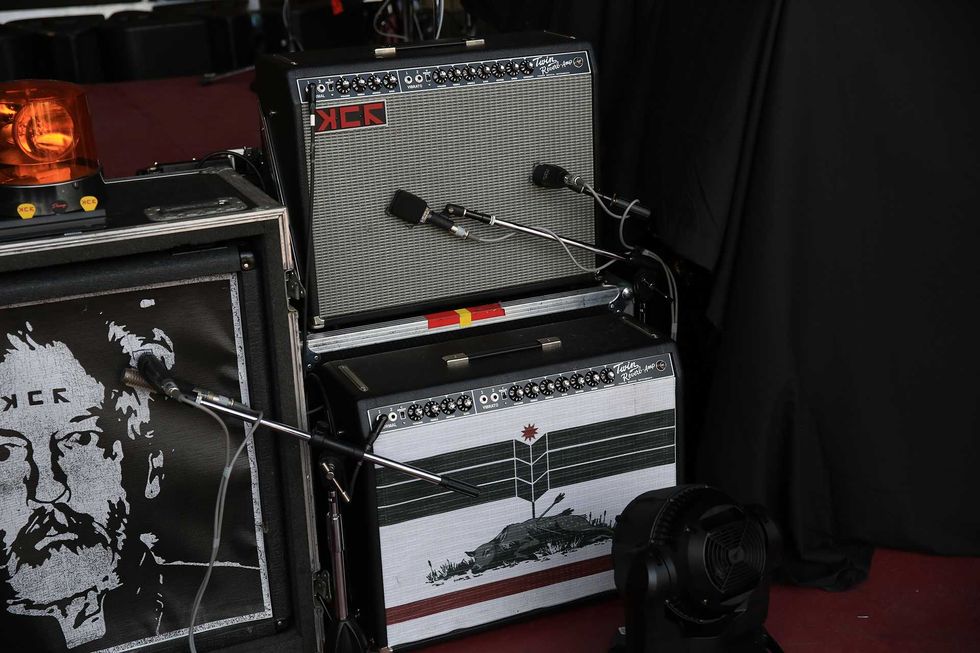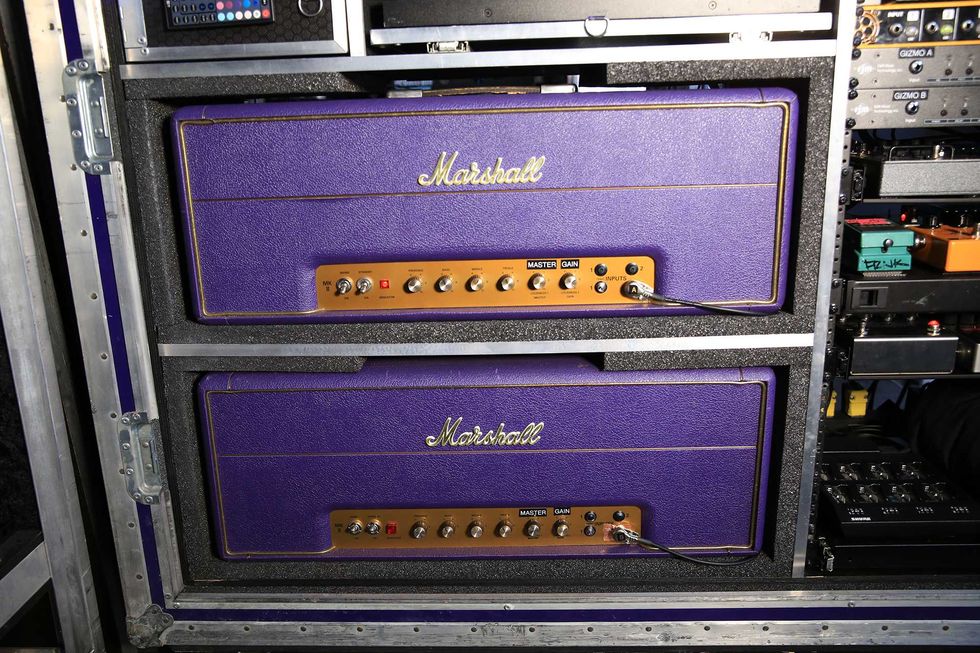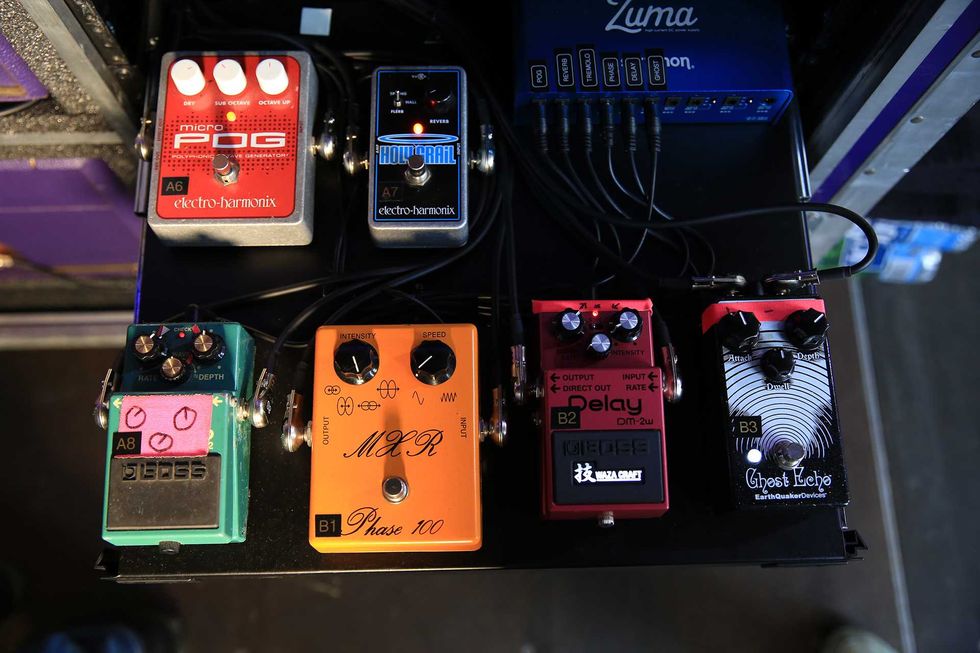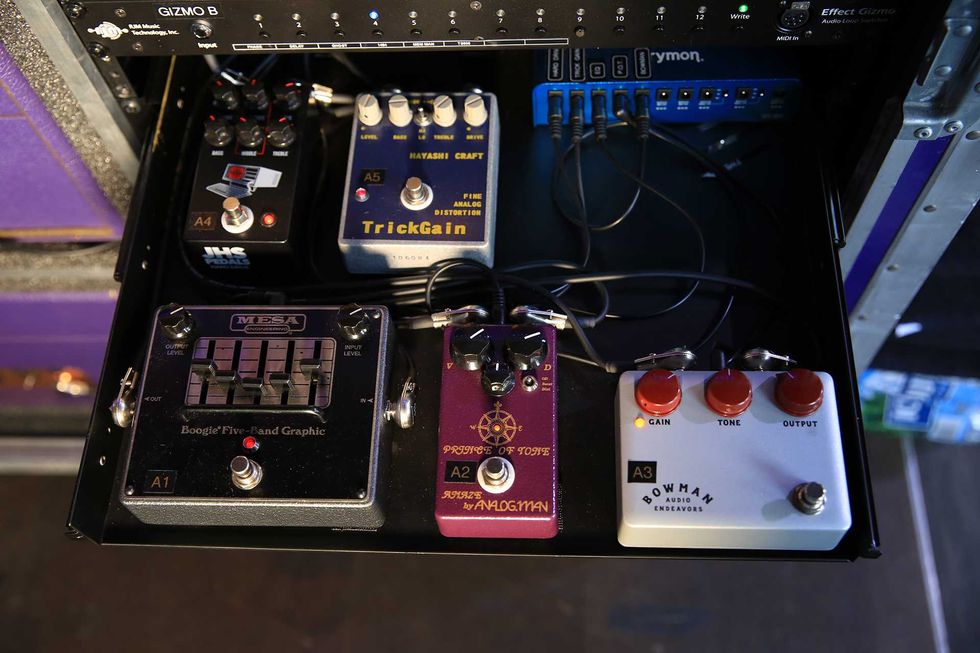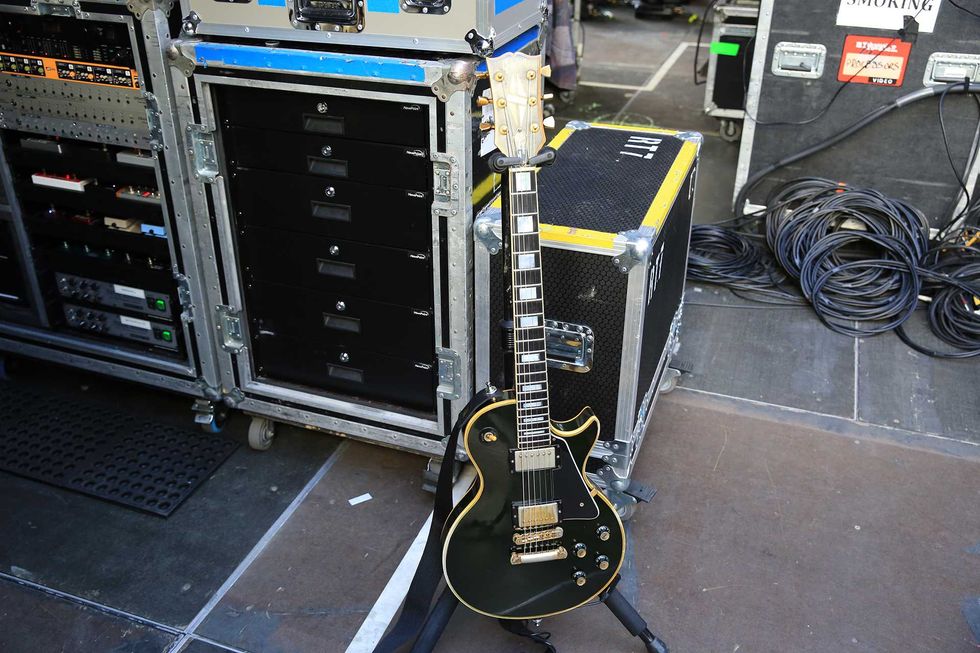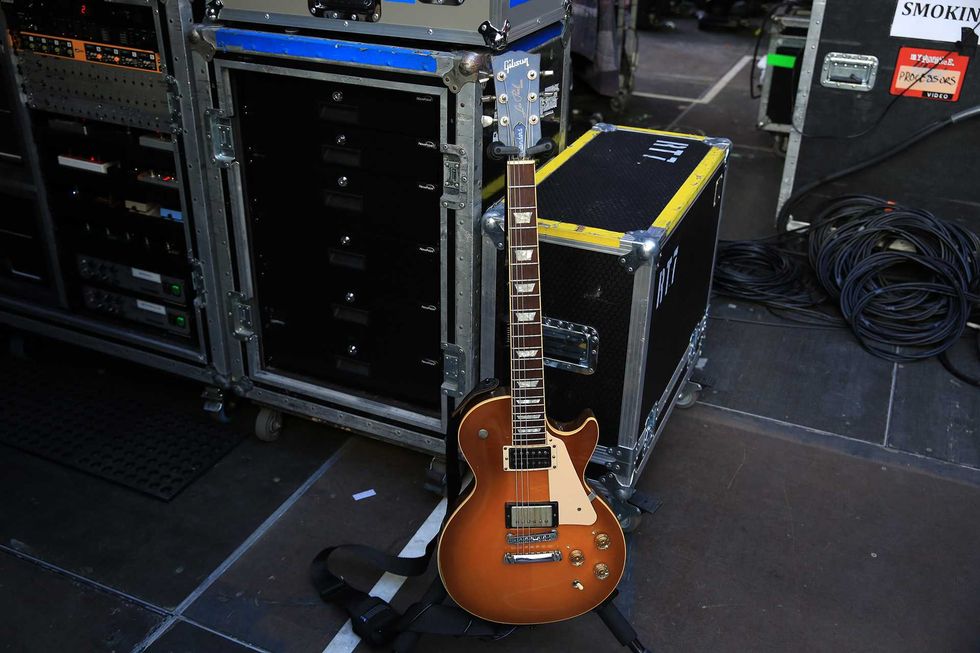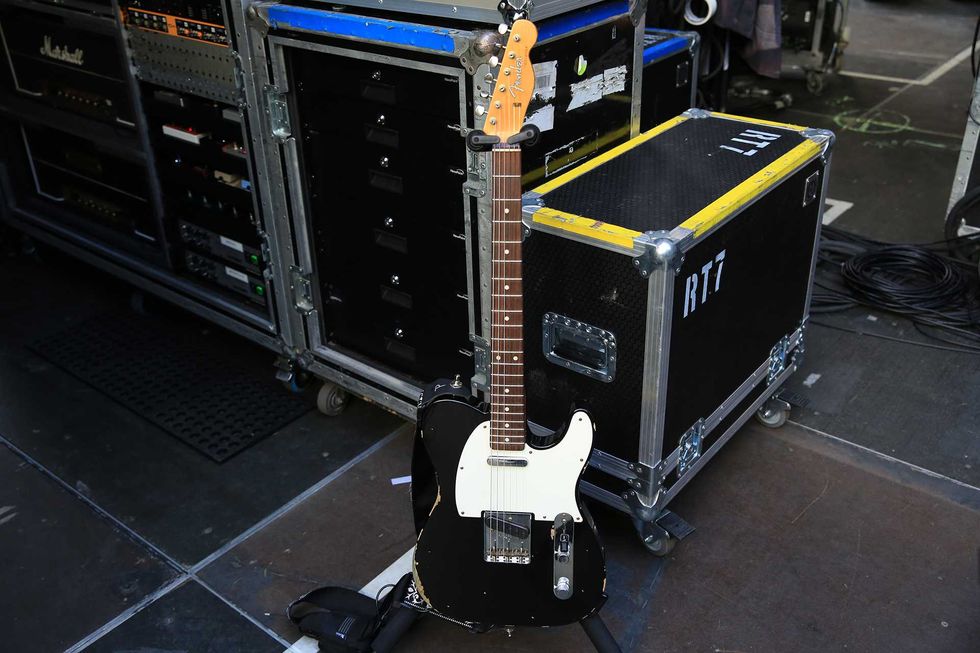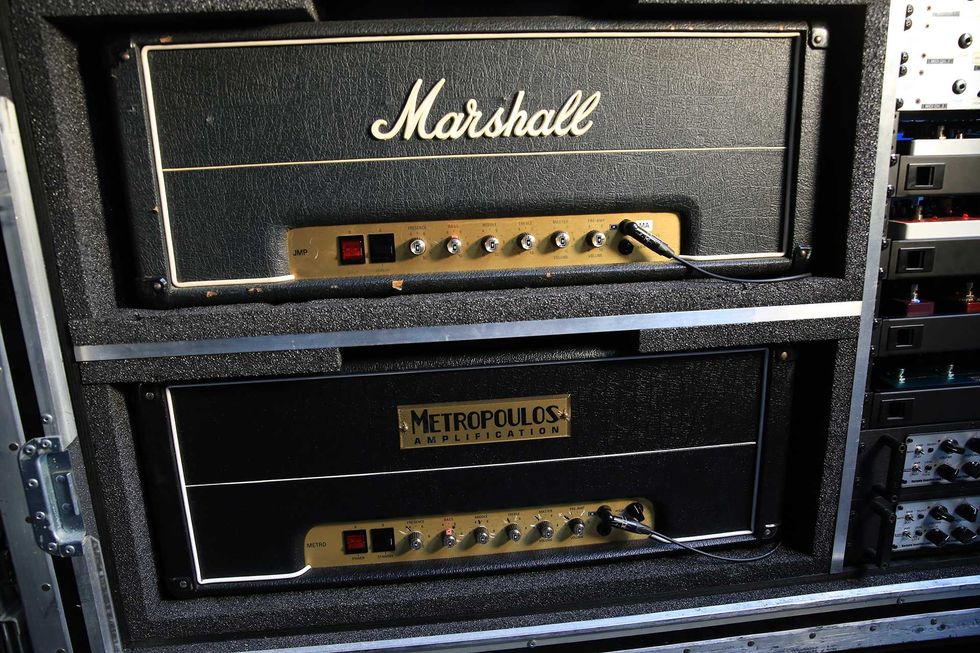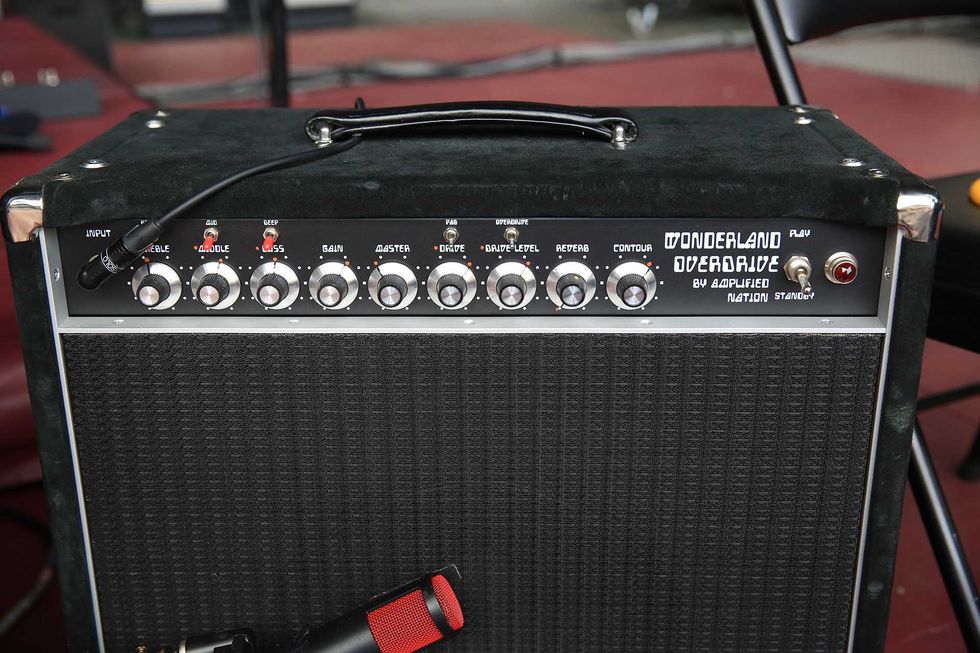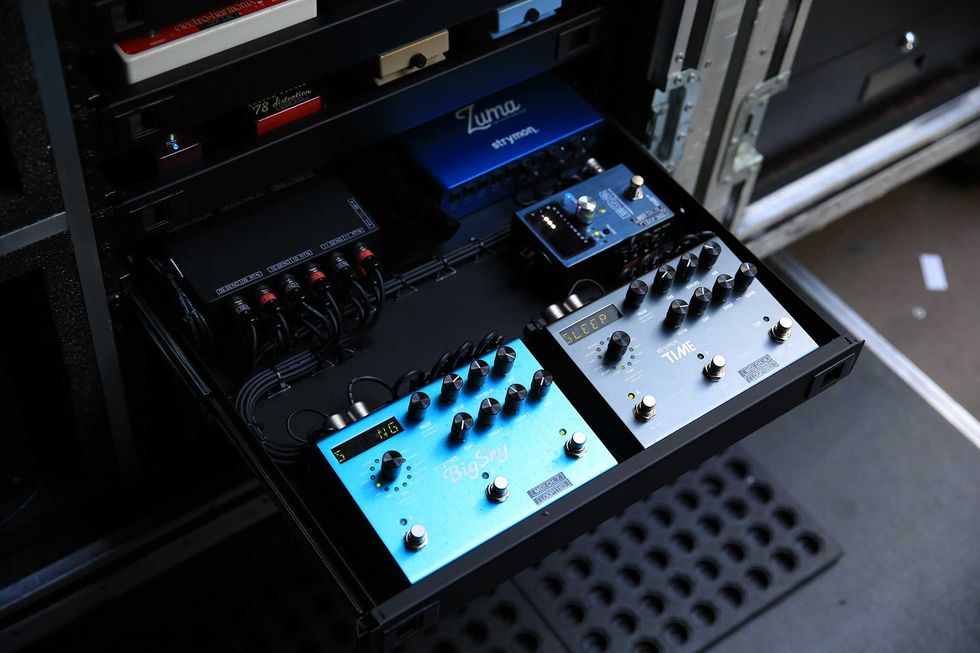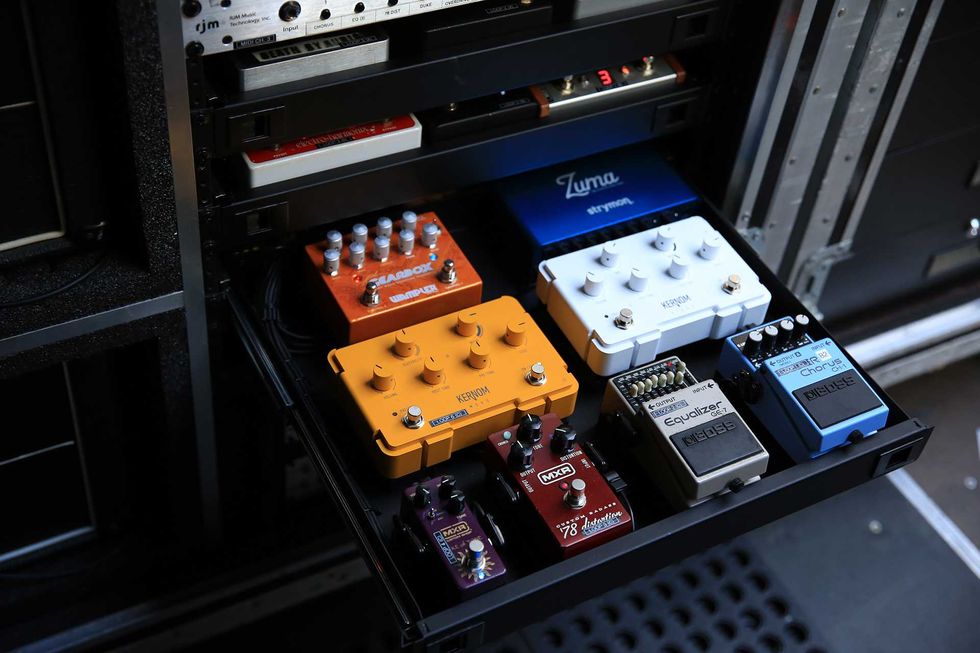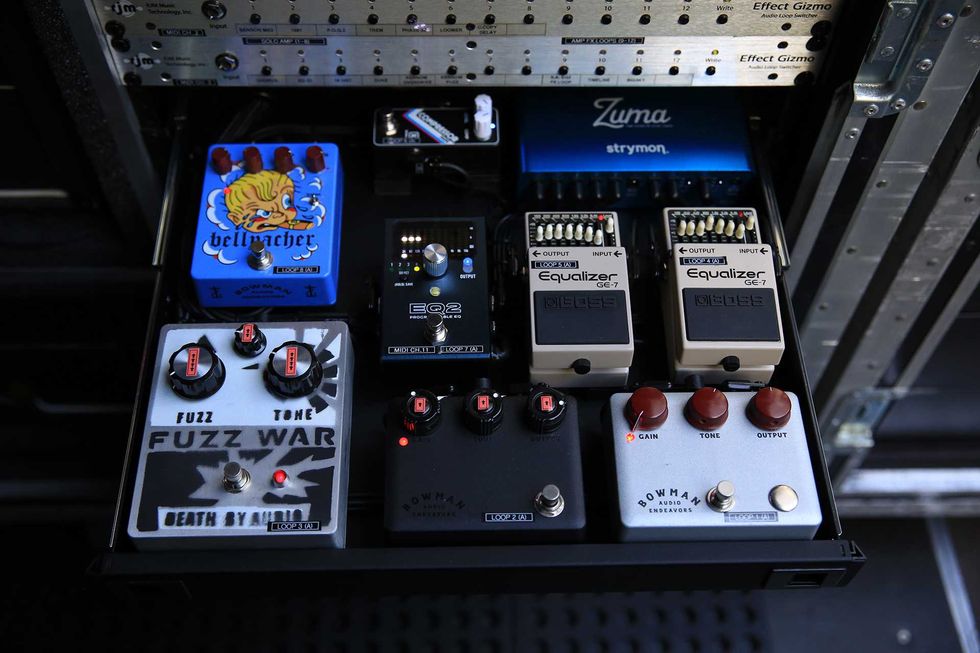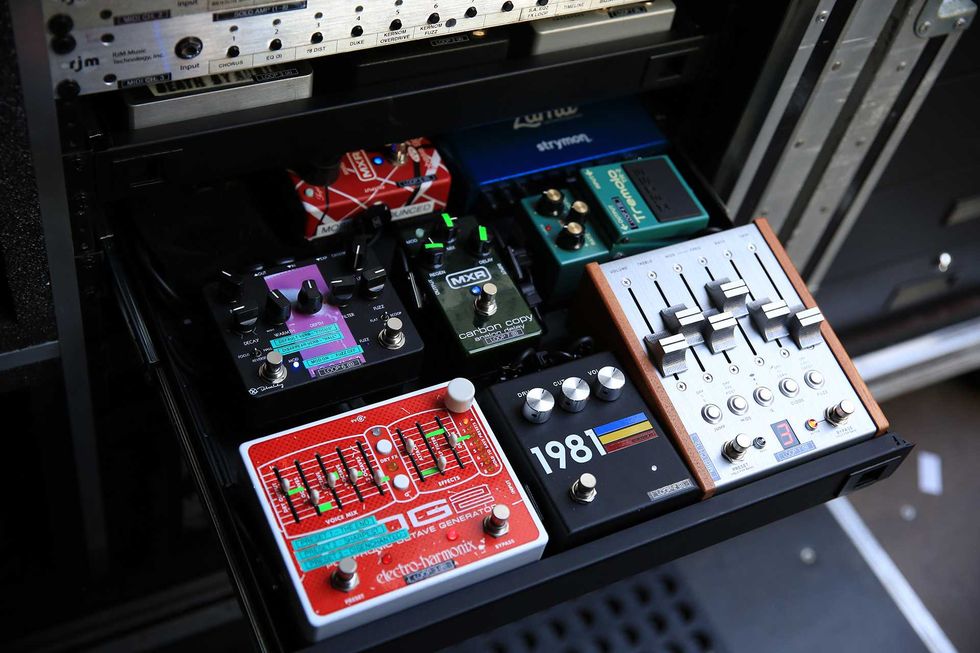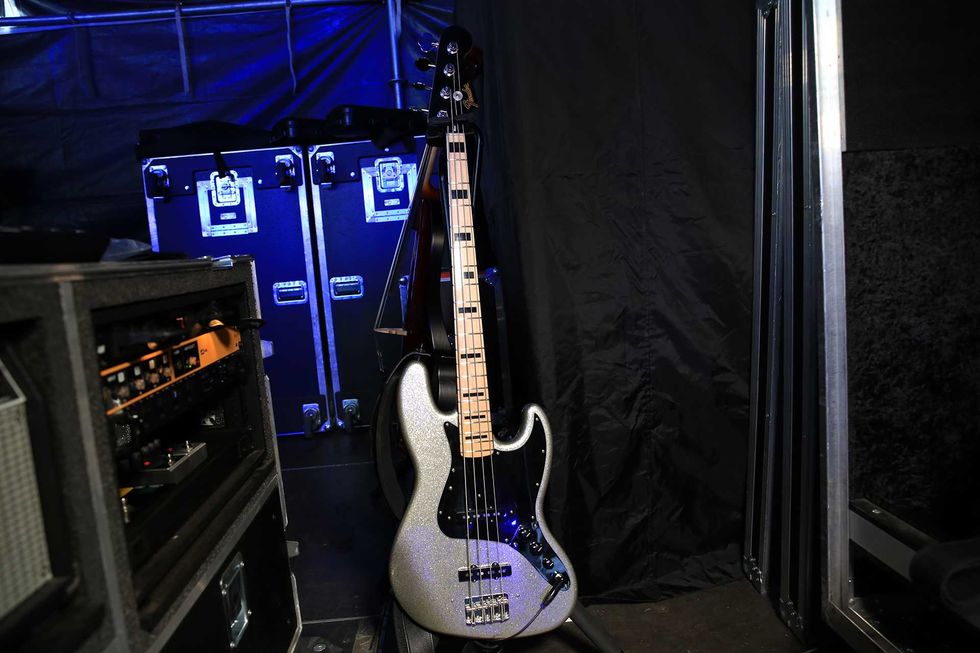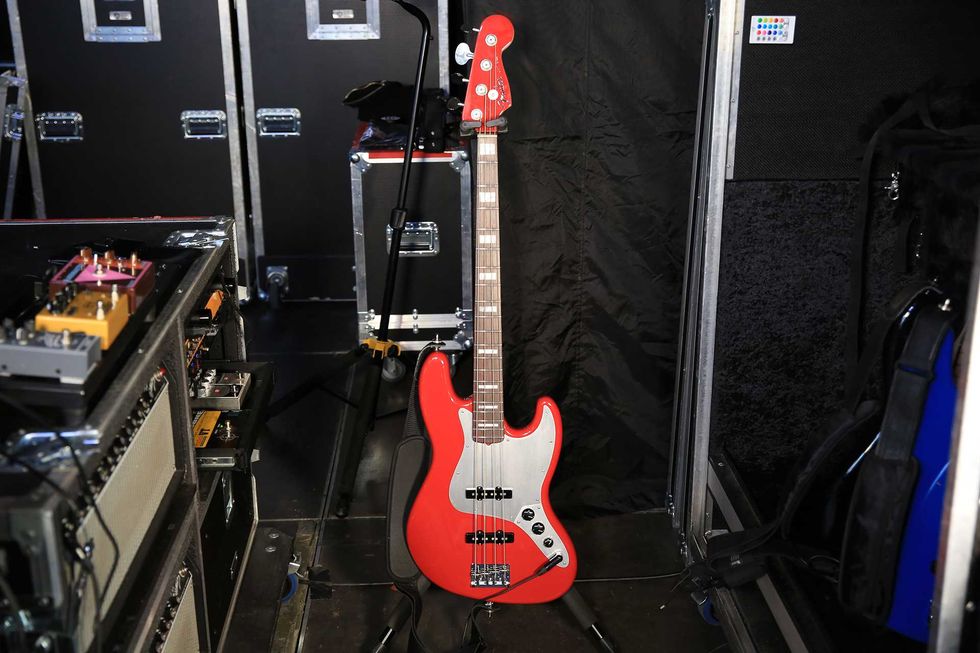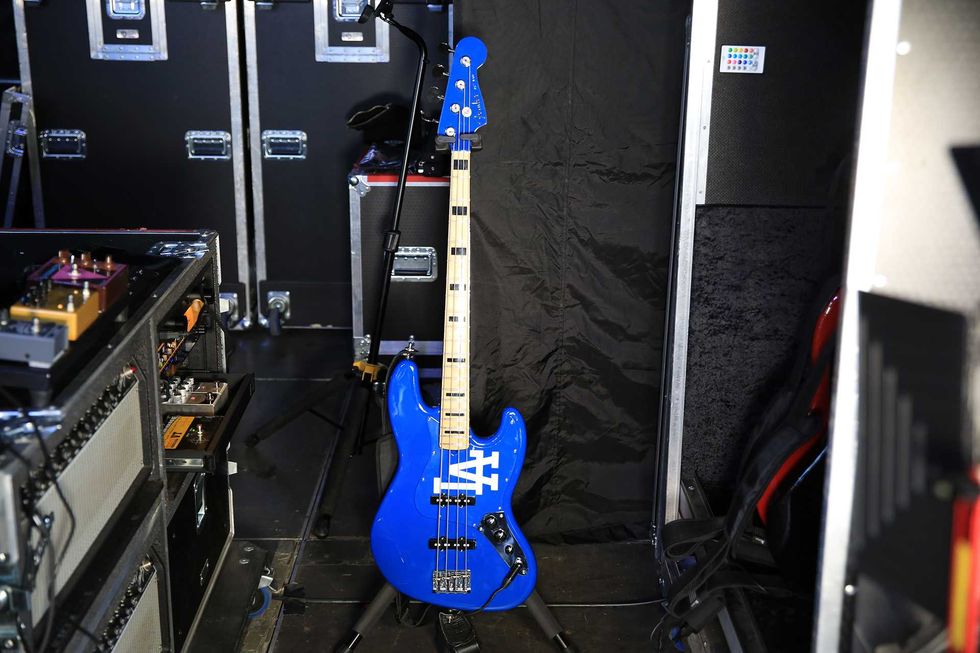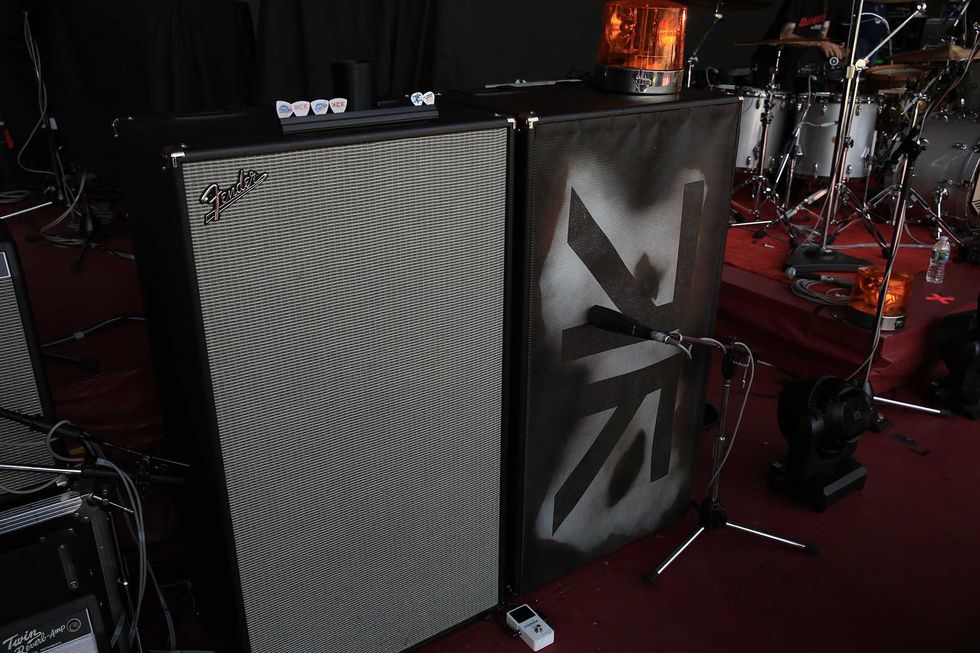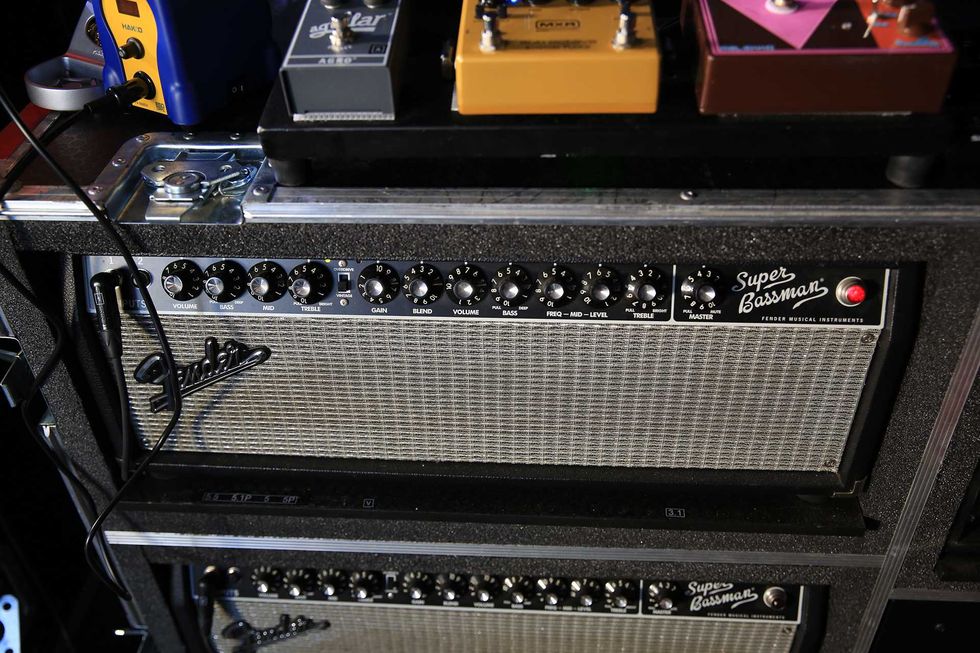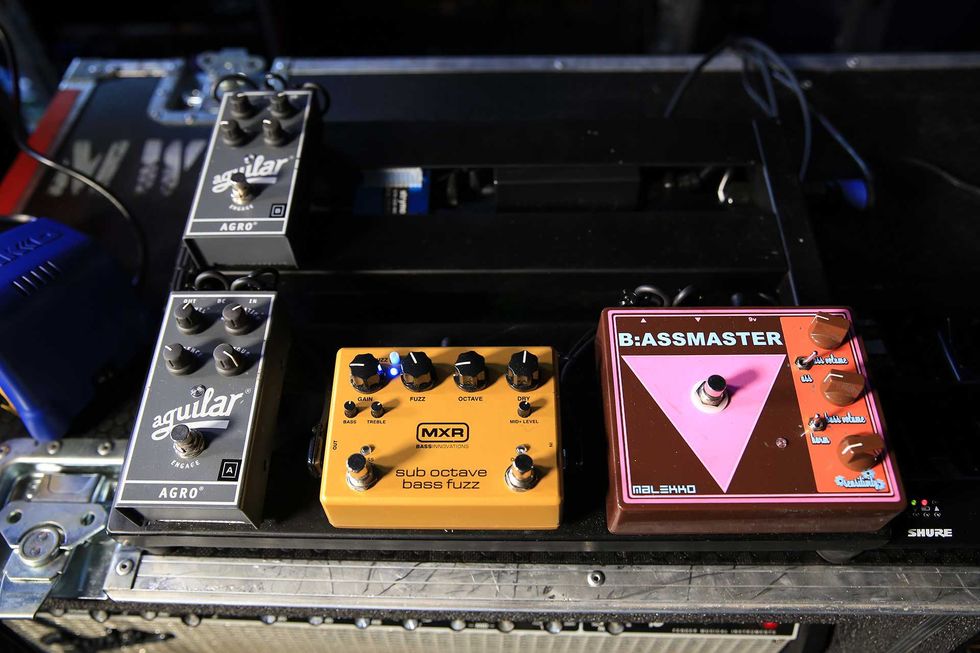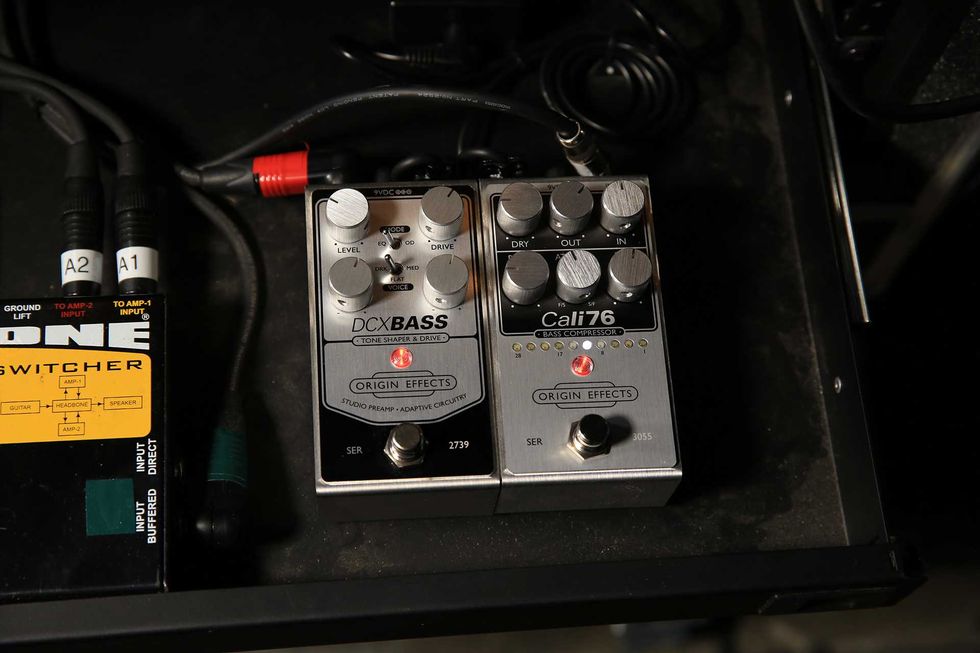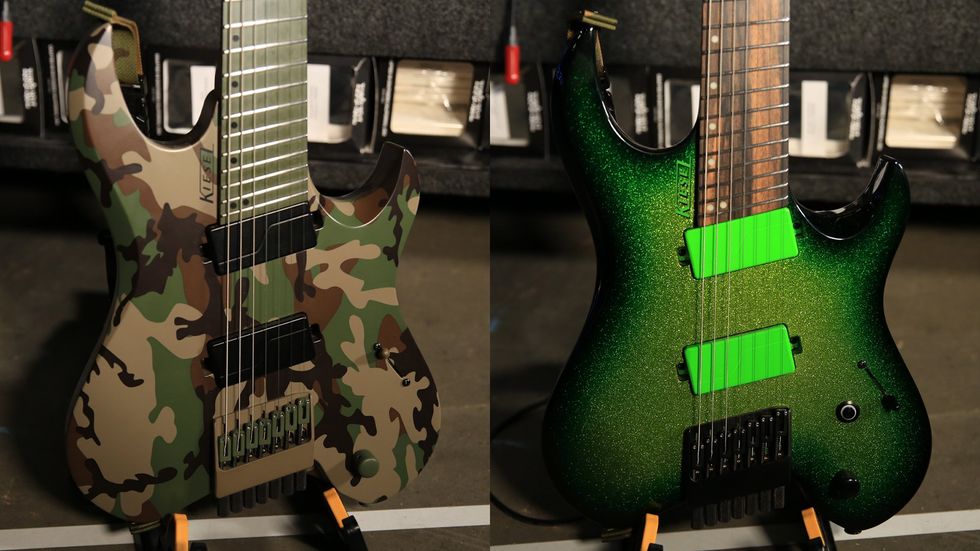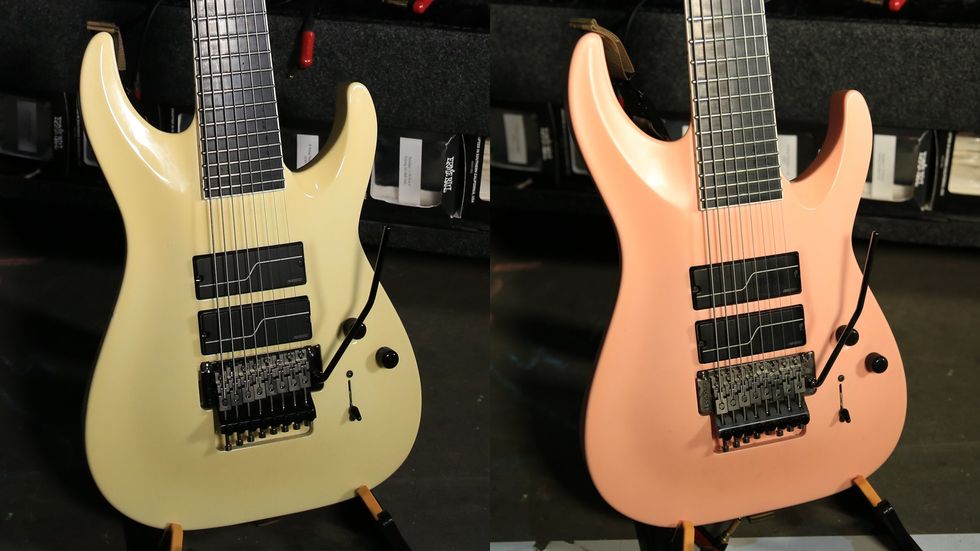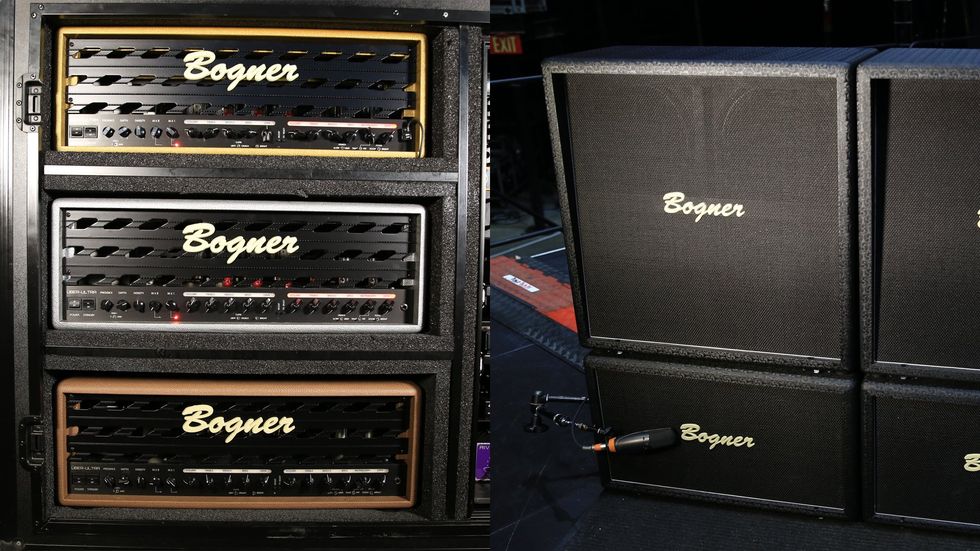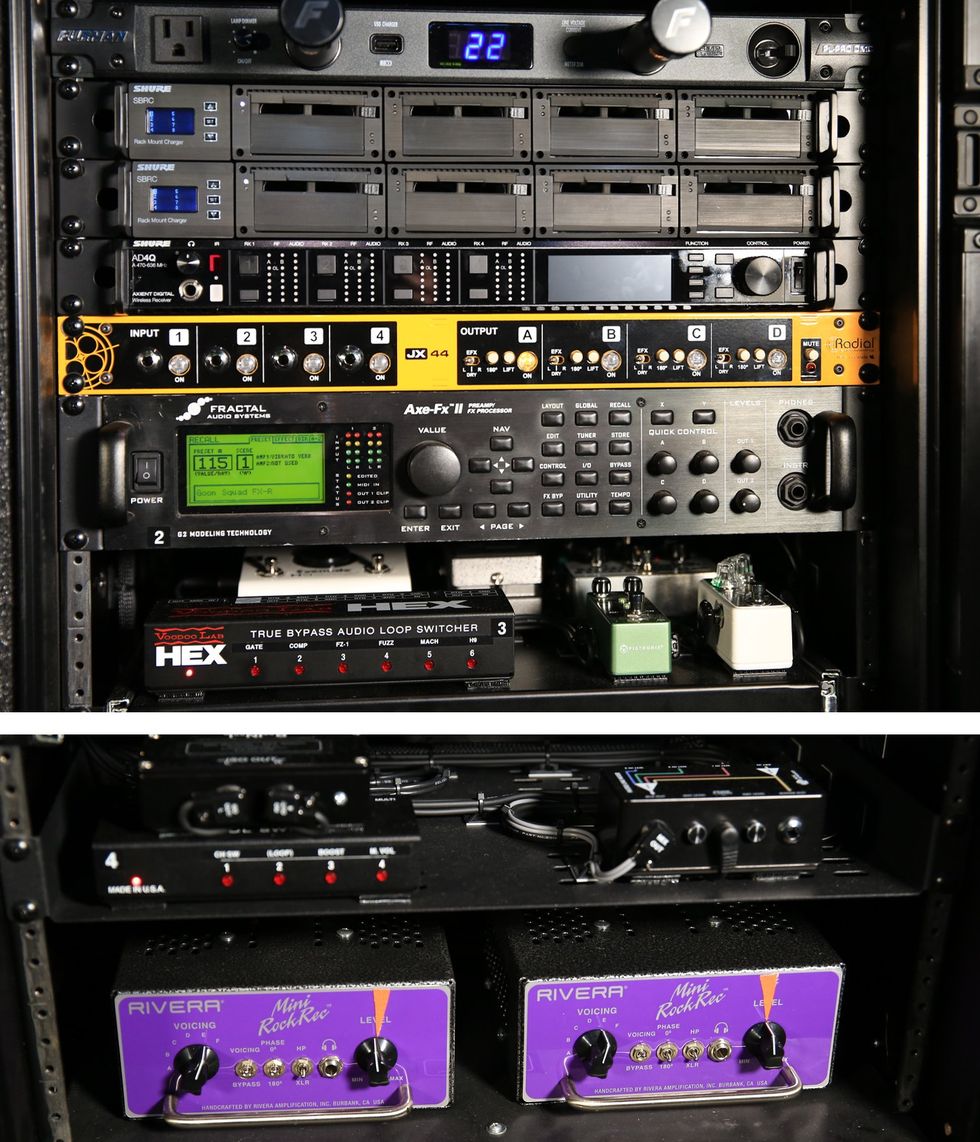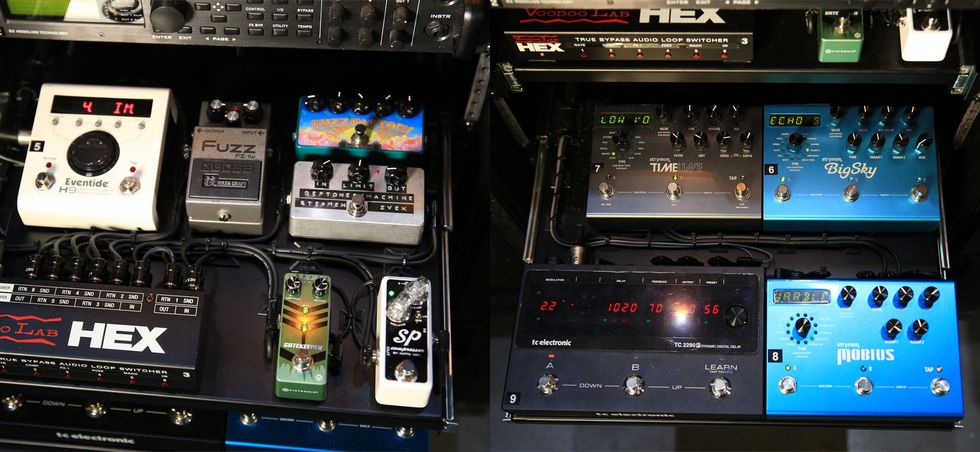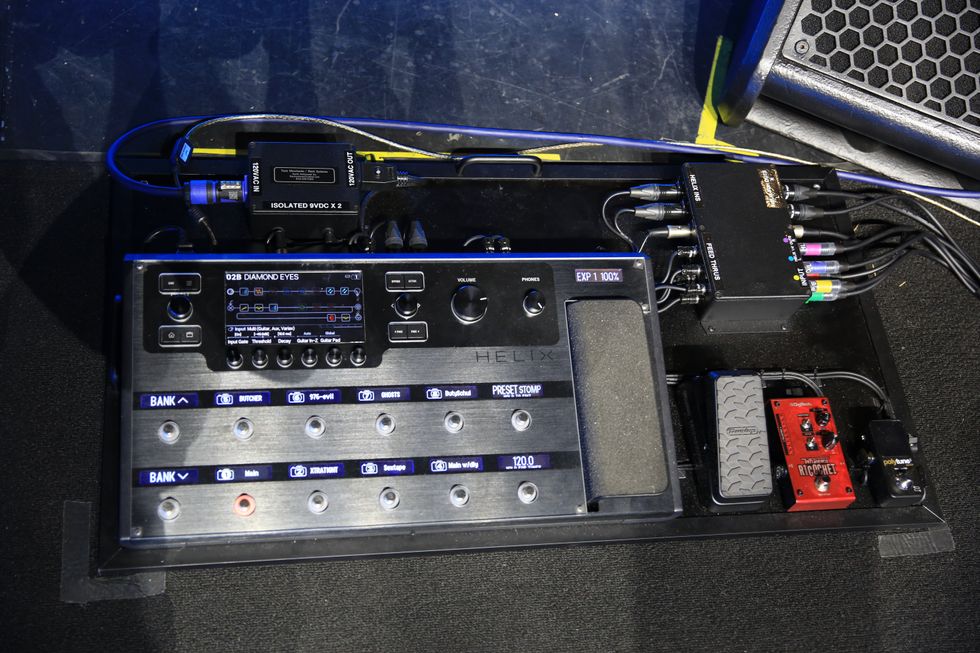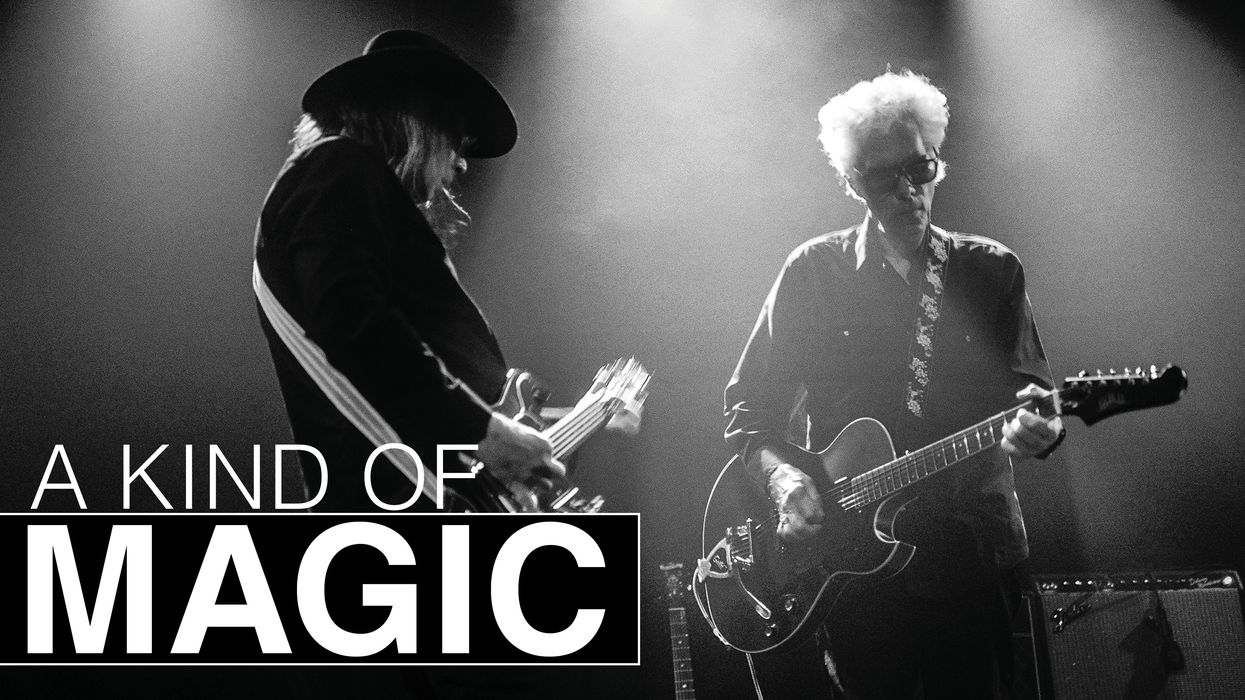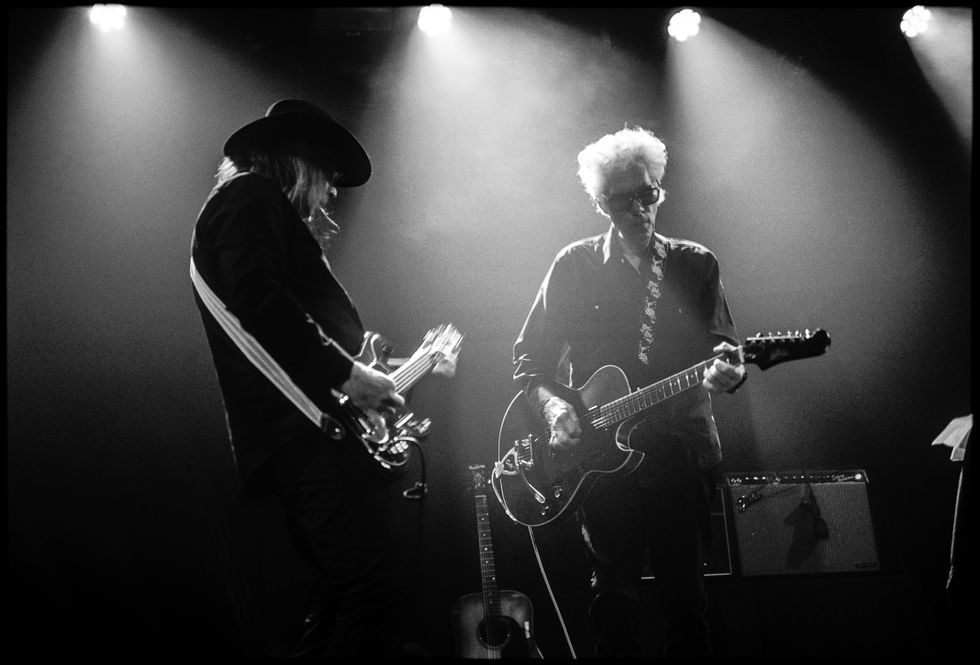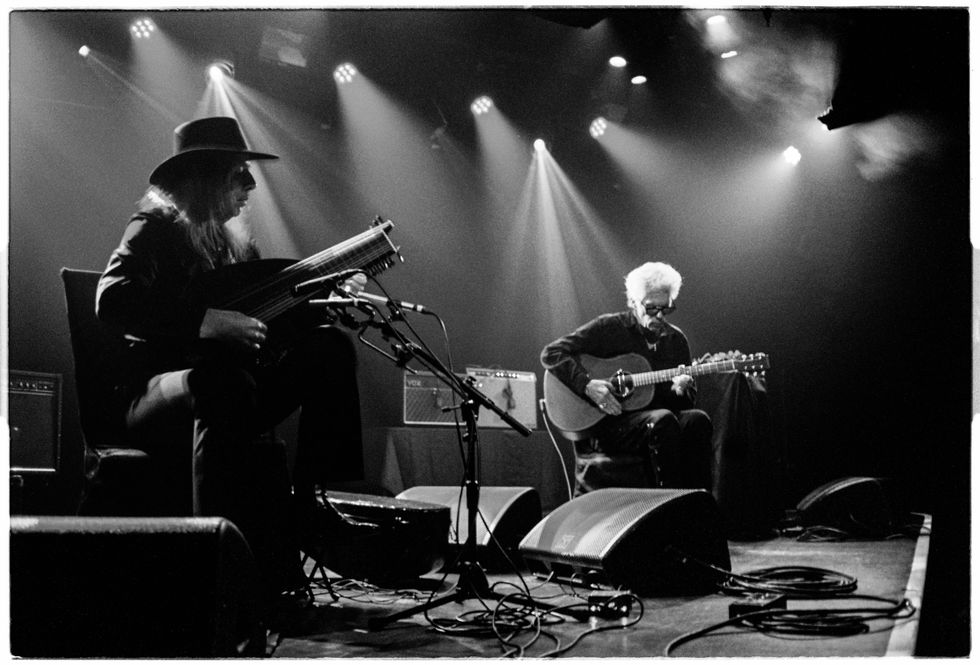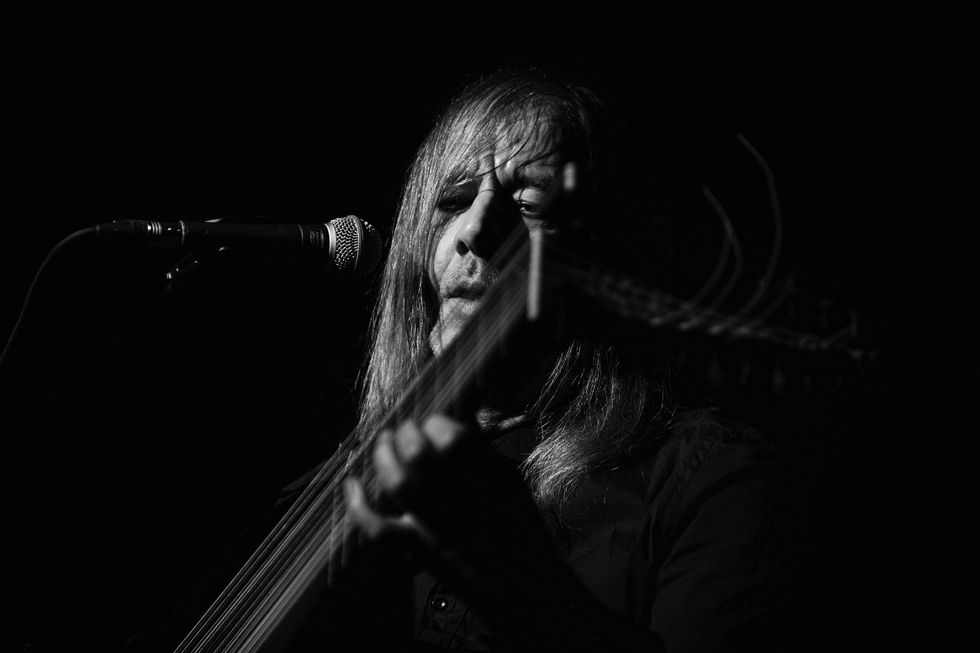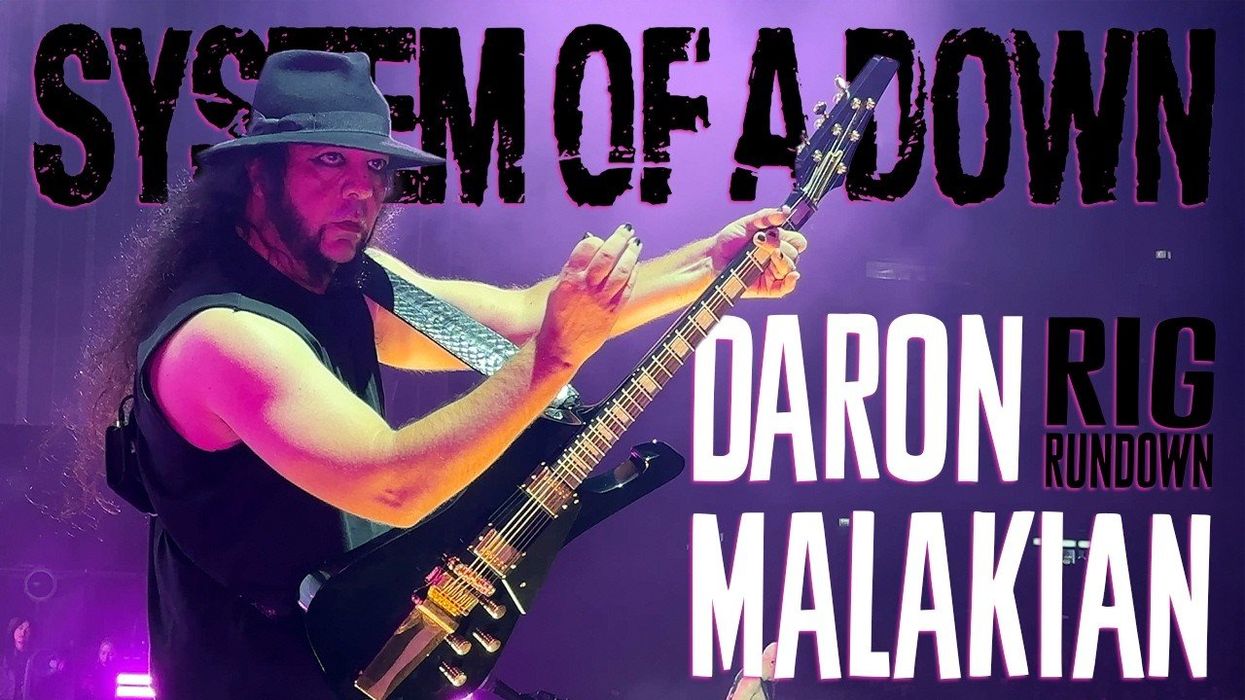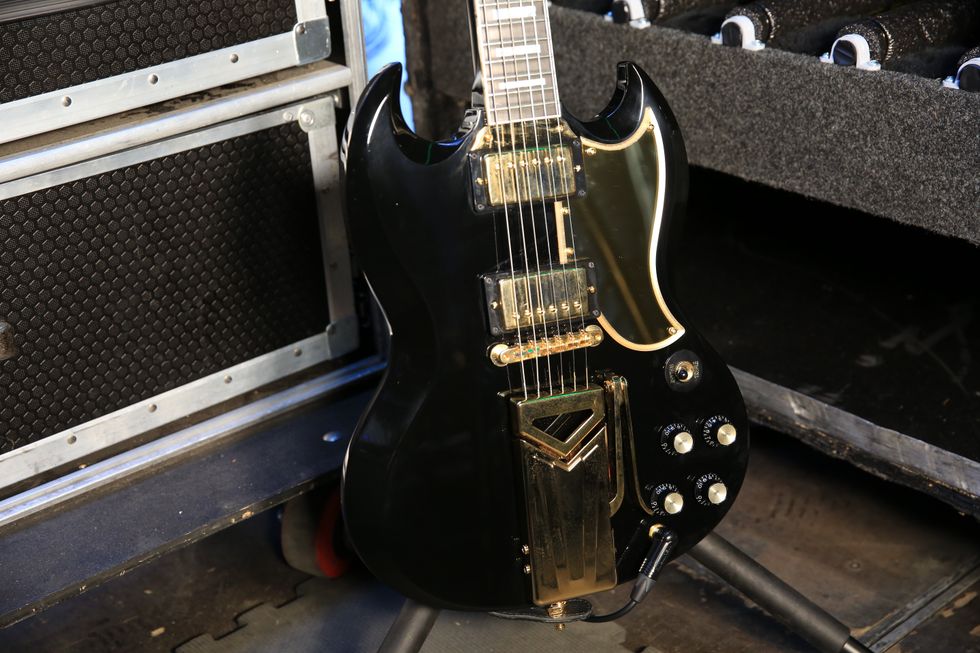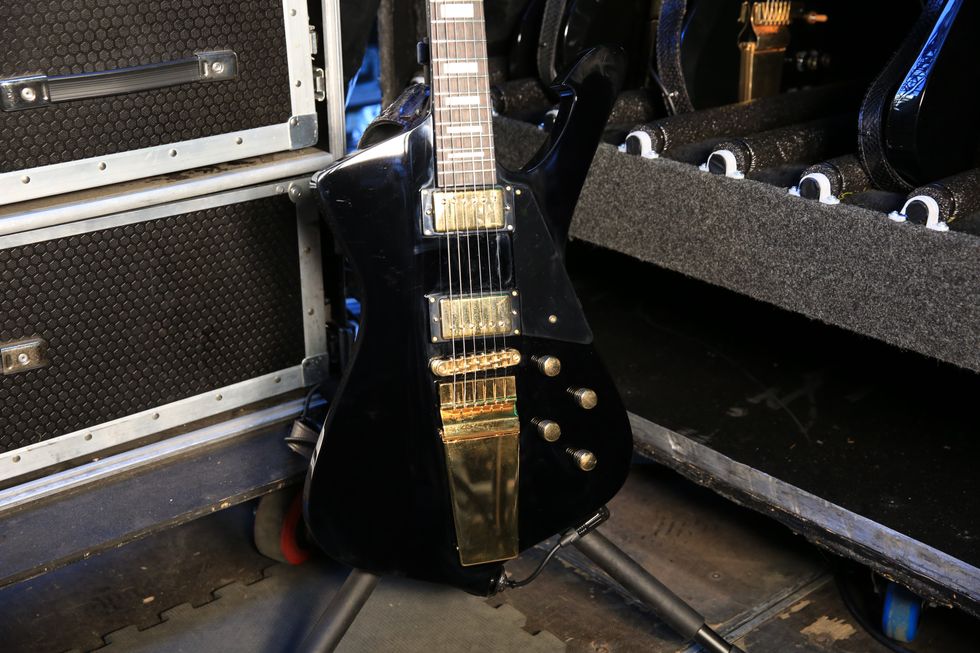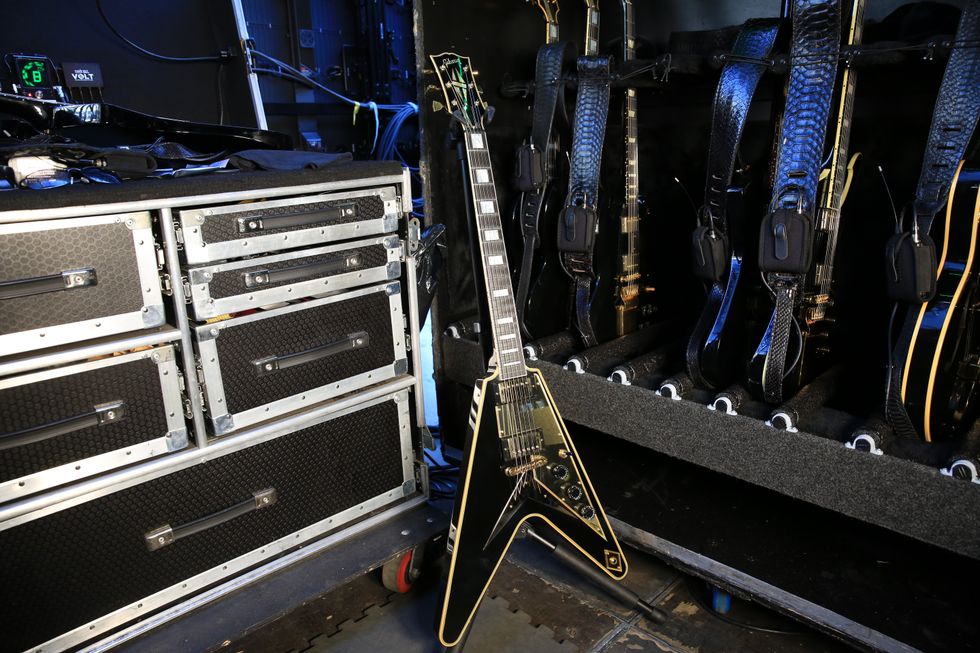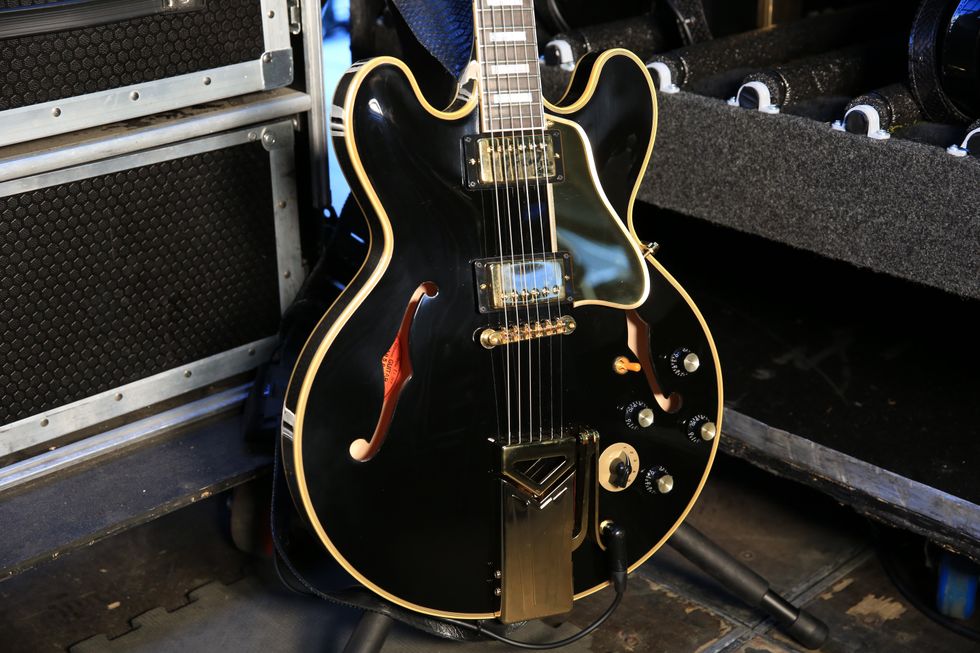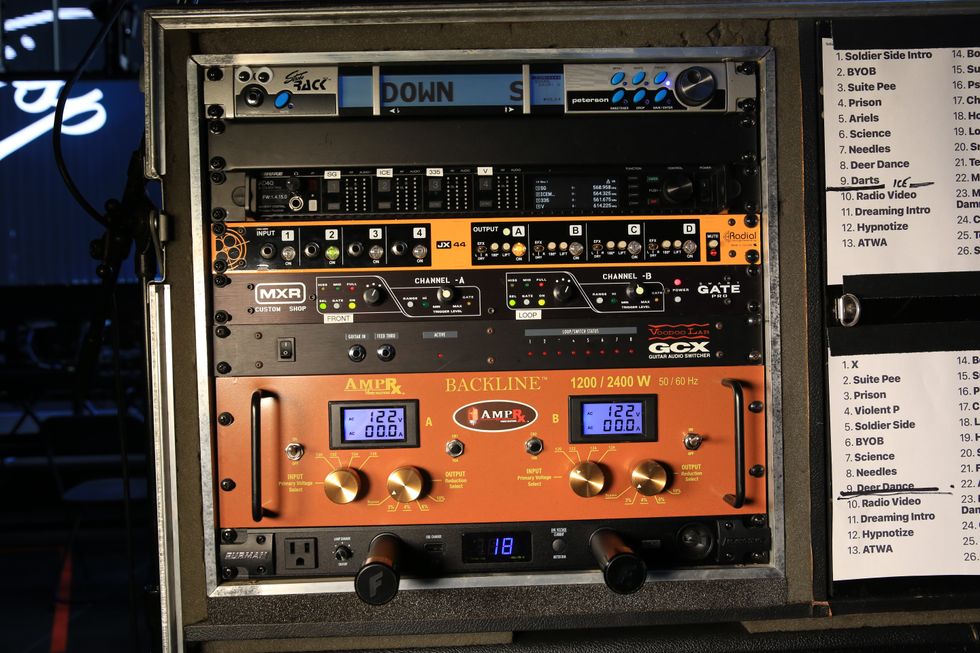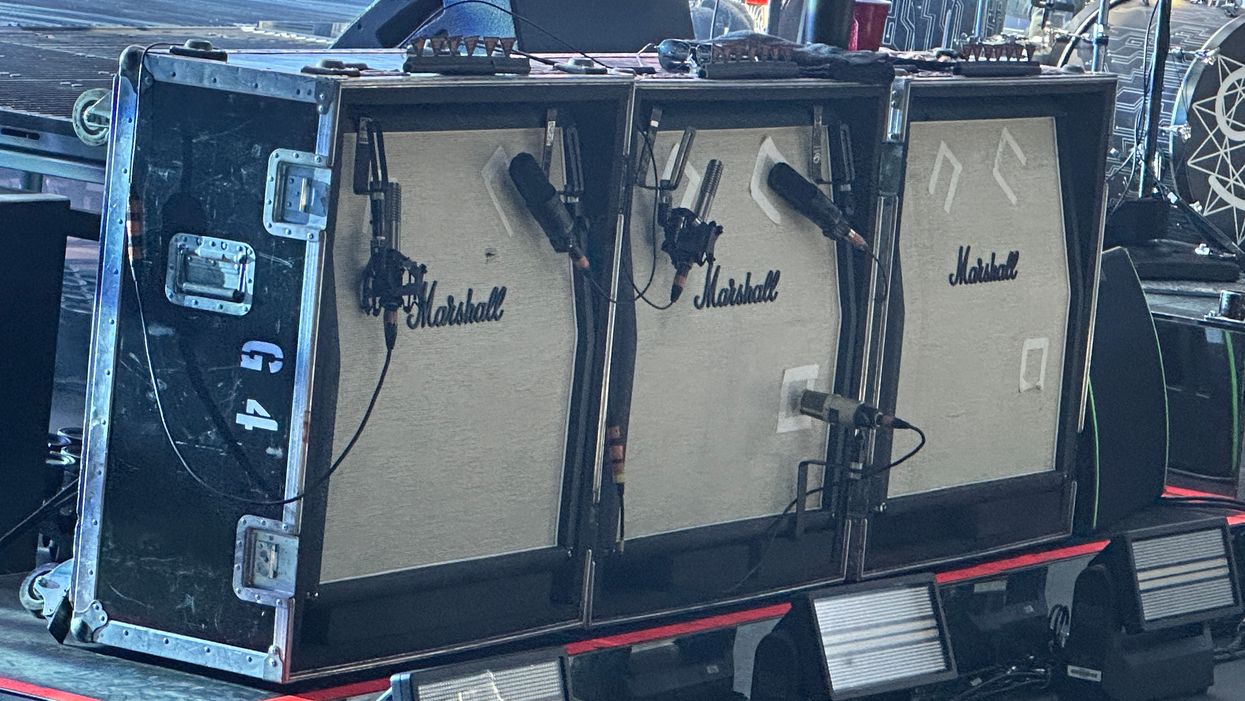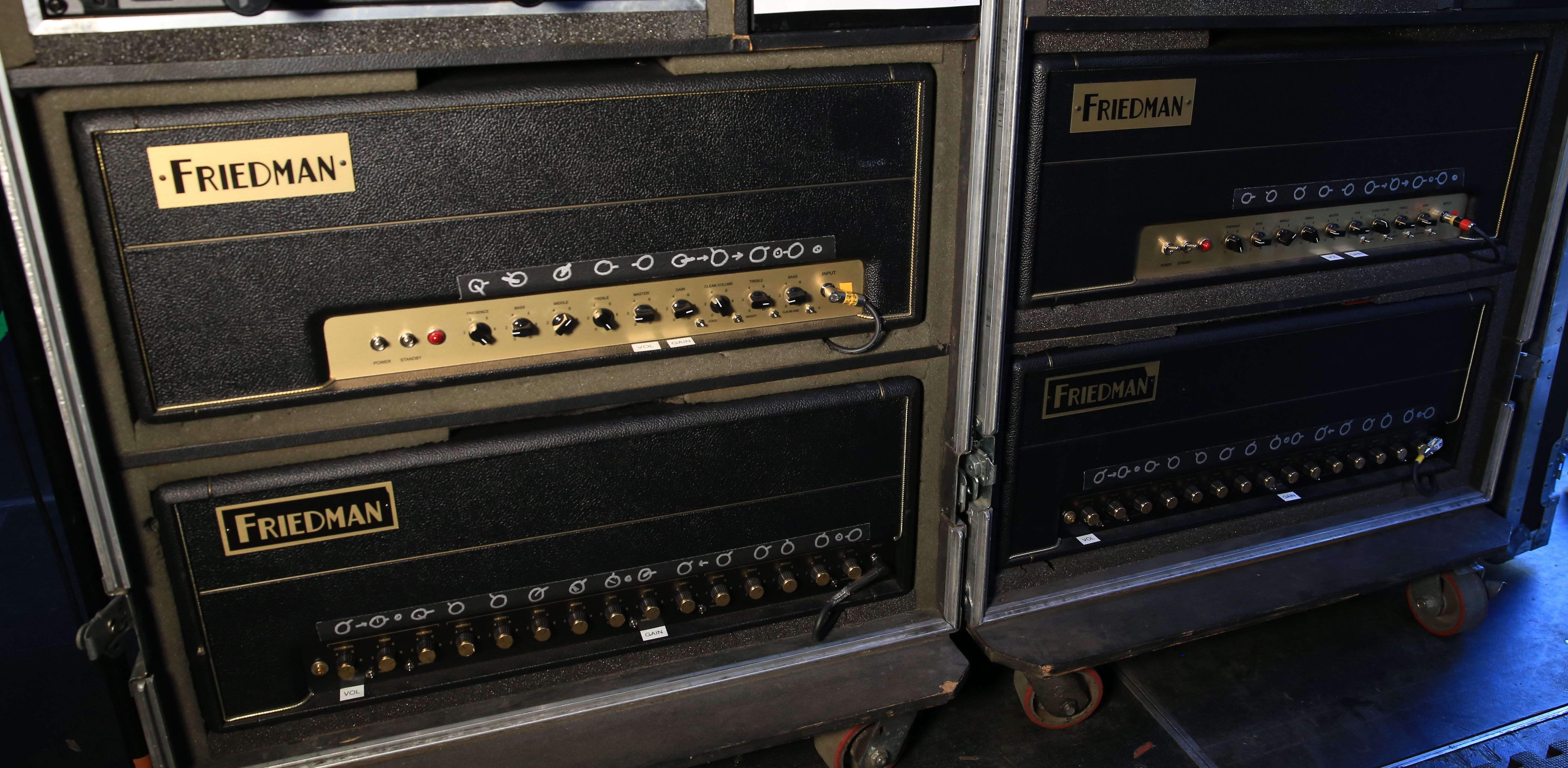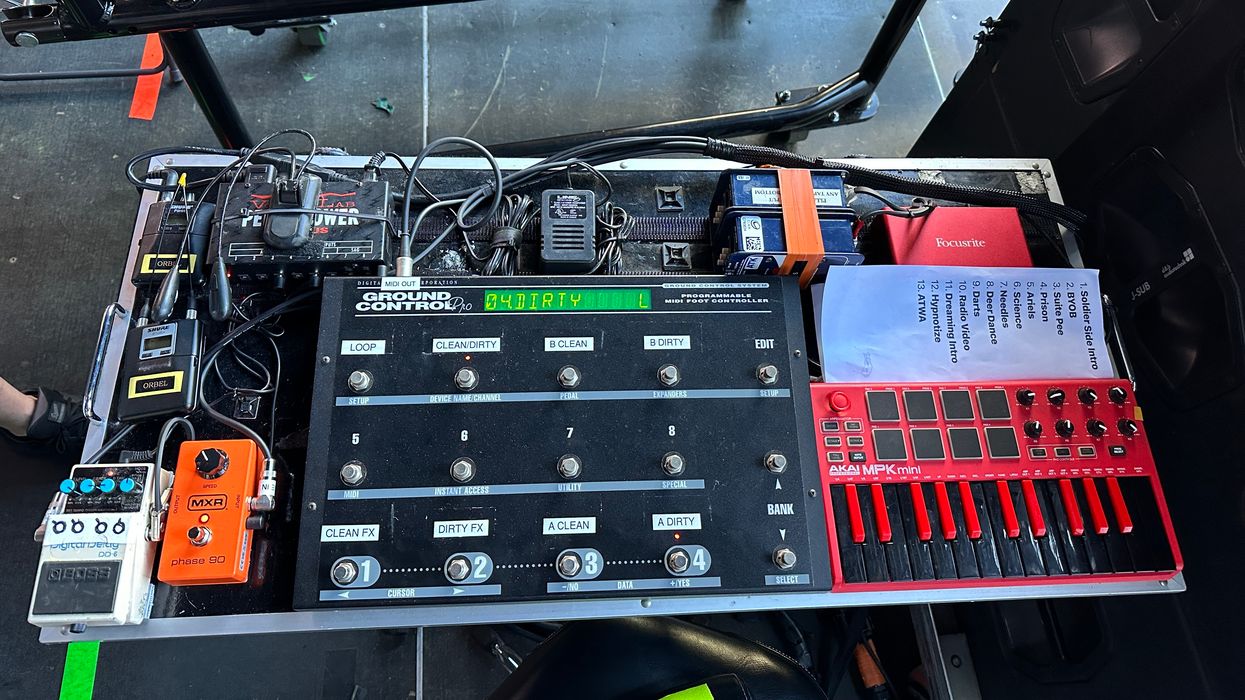The expansive instrumental guitarist/composer pushes himself out of his comfort zone, beyond the boundaries of his neo-Americana wheelhouse on Time Indefinite.
Mastering an instrument and an artistic style—and then being recognized and rewarded for it—is a daunting enough accomplishment that one might be forgiven for feeling that, once reached, it’s the be-all to end-all. Guitarist William Tyler, for all the praise and opportunity that have come his way over the past decade and a half, isn’t content to plow the same furrow. With his evolutionary new album, Time Indefinite, this son of the South is pushing further afield, not completely forgoing his virtuosic neo-Americana lyricism but incorporating it into static-friendly, otherworldly studio experimentation.
The disorienting opener of Time Indefinite, “Cabin Six,” begins with a loop of hovering blare that, lasting nearly a minute, might lead listeners to think something is amiss with their turntable stylus; this gradually dissipates into an eddy of railroad-like whine from which a chiming 6-string hook emerges only to finally sink into a murky, detuned drone. The simple, lovely “Anima Motel” and almost naïve “Concern” are eminently approachable, and “Howling at the Second Moon,” with its alternate, Joni Mitchell-inspired tuning, feels like something that could have appeared on one of Tyler’s previous albums (even if it was recorded on his iPhone then texturized via a bump to a cassette recorder and dosed with added effects). But the distressed sonic sculptures of “The Hardest Land to Harvest” and “Electric Lake” or the sampled, distorted church choir laced through “Star of Hope” have a ghostly resonance unlike anything the guitarist has done before.
SoundStream
“I think it’s important for artists to push themselves into new ways of working,” Tyler says. “Most of my favorites, artists I follow over the long trajectory of their careers, have done that, whether it’s in music, film, visual art, novels. Of course, some people have a method or style that they stick to, and it serves them. And I wouldn’t want to put anything out into the world that I wouldn’t myself, as a consumer, enjoy spending time with and taking seriously. That said, I would get bored staying in the same place. The new record is about making something that was a little less chained to certain kinds of guitar music, where I felt like I might be running up against my creative limitations or enthusiasms in that area. I wanted to reinvent myself for myself, to explore fresh possibilities, even with the guitar as my primary tool.”
Tyler, whose parents were hitmaking Nashville songwriters, made his name early on as a young guitar phenom playing in such alternative-minded, country-influenced bands as Lambchop and Silver Jews, before appearing on the fourth volume of the influential Tompkins Square “Imaginational Anthem” series of new-era American Primitive guitar and then making his full-length debut as a solo artist with the 2010 album Behold the Spirit. As a player and composer, he was recognized for subsuming the early influence of John Fahey and the Takoma style into something vibrantly his own.
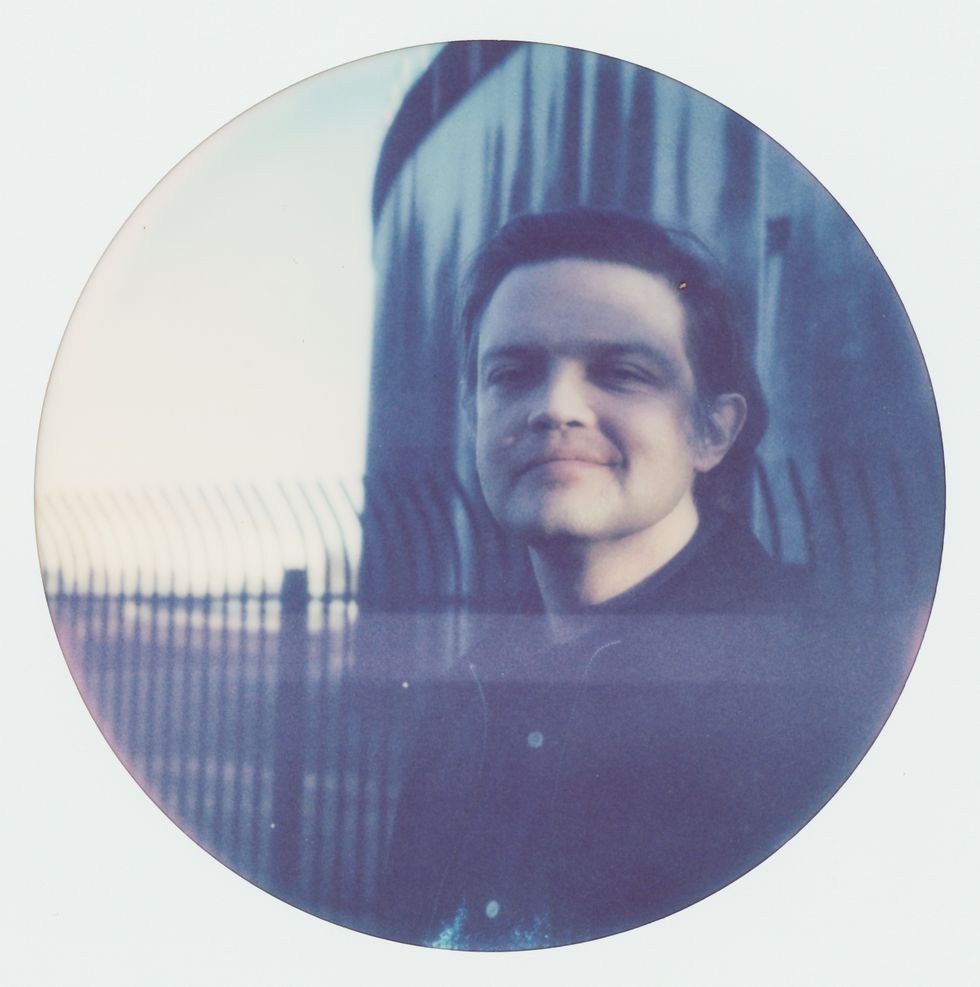
Tyler keeps his tools simple and his ears open.
Photo by Angelina Castillo
William Tyler’s Gear
Guitars
- Mid-1950s Martin D-18
- 1974 Gibson SG
Pedals
- Hologram Electronics Microcosm
- Strymon El Capistan
- Line 6 DL4 Mark II
Once Tyler signed to the stalwart indie-rock label Merge, the guitarist released a string of warmly received electro-acoustic albums: Impossible Truth (2013), Deseret Canyon (2015) and Modern Country (2016). There was also a marvel of a solo performance at Nashville’s Third Man Records released as an LP in the “Live at Third Man” series. A few years later came the album Goes West, its title alluding to a pre-pandemic move to Los Angeles, and its arrangements flecked with atmospheric swirls and sunny, almost pop-like touches. Tyler also created an aptly rustic score for First Cow, director Kelly Reichardt’s 2019 art house Western, and the guitarist capped his Merge run in 2023 with Secret Stratosphere, a live album of soaring full-band versions of numbers from his back catalog, credited to William Tyler’s Impossible Truth.
“I wanted to reinvent myself for myself, to explore fresh possibilities, even with the guitar as my primary tool.”
Tyler has released covers of such disparate artists as Alex Chilton, Michael Chapman, Fleetwood Mac, Yo La Tengo and Neu!/Harmonia’s Michael Rother, not to mention classical composers Handel and Dvorák. The broad listening palette suggested by these choices always pointed toward a more intrepid path. But the album that most presaged the spirit of Time Indefinite is New Vanitas, a small masterpiece of pandemic creation that found him threading beautiful, involved guitar melodies through hypnagogic soundscapes, often haunted by lo-fi snatches of radio broadcasts and sotto-voce dialogue, as on the evocatively titled “Slow Night’s Static.” New Vanitas even includes a woozy track called “Time Indefinite,” the foreshadowing title a favorite that he borrowed from a film by documentarian Ross McElwee.
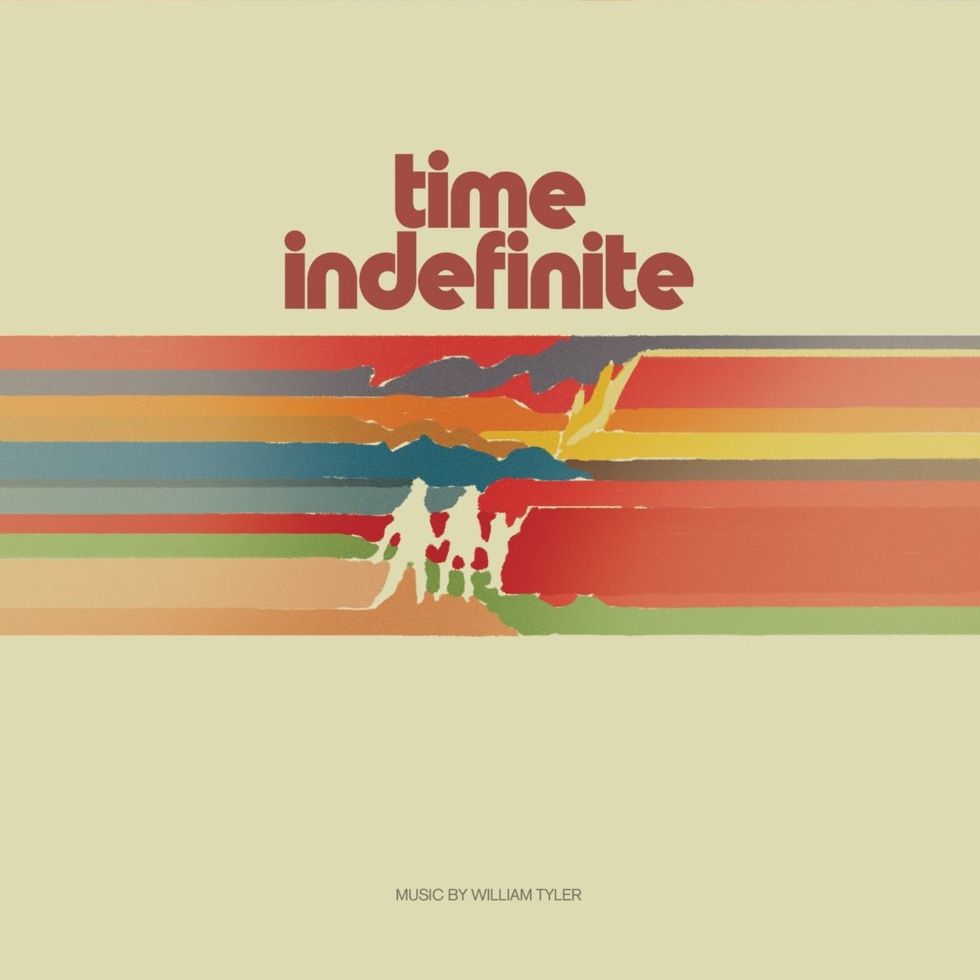
On Time Indefinite, Tyler says, “I was drawn to more ambient music, including by guitarists like Christian Fennesz and Norman Westberg, but also groups like Stars of the Lid and Boards of Canada.”
Another signpost on Tyler’s new road was a collaboration with Four Tet’s Kieran Hebden that yielded the folktronica single “Darkness, Darkness.” Then last year brought the standalone track “Flight Final,” Tyler’s first release for the artist-led imprint Psychic Hotline, and a slice of musique concrète that brings to mind Brian Eno’s association with German “kosmische” pioneers Harmonia and Cluster. That recording, the first fruit of an association with collaborator and co-producer Jake Davis, set the stage for their work together on Time Indefinite. Most of the pieces on this album, whether blown-out lullabies or spectral hymns or folk-art abstractions, feel like memories refracted in a dream diary.
“The process of working on this album helped me get better at tempo, just feeling more comfortable playing slower.”
“The new album started out as a series of experiments, without necessarily thinking that they were going to make for a whole record—though, eventually, Jake and I heard a thematic coherence to what we were coming up with,” Tyler explains. “It took a long while to come together, but the roots of the music are in the Covid lockdown. The emotional landscape of that time changed the things I was listening to as well as the music that was coming out of me. I was drawn to more ambient music, including by guitarists like Christian Fennesz and Norman Westberg, but also groups like Stars of the Lid and Boards of Canada. I had gone back to Nashville and was dealing with a problematic mental state. Among other issues, I can tend to approach things too fast, spiritually, emotionally, and physically. Beyond using different recording techniques and learning new ways of creating a piece of music, the process of working on this album helped me get better at tempo, just feeling more comfortable playing slower.”
The guitars Tyler used in the studio for Time Indefinite were his “family heirloom” Martin D-18 and a beloved Gibson SG, both of which are his main live instruments. For effects pedals, he favored a Hologram Electronics Microcosm (“for low-pass filter looping and really weird granular stuff”) and a Strymon El Capistan (“for delays kind of like the old Electro-Harmonix Memory Man”), though Davis also did a lot of processing with an array of his own. One serendipitous piece of gear was a 1959 Webcor Regent reel-to-reel machine deck that Tyler liberated, still new in the box, while helping to clear out his grandfather’s storage space in Mississippi. Davis was inspired to make old-school tape loops with it, including that startling sound that opens the album. Tyler would play arrhythmic, asymmetrical parts that Davis would record and chop up for the loops.

Tyler at this year’s Big Ears Festival with Jake Davis and Cecilia Stair.
Photo by Ross Bustin
Tyler’s recent spate of collaborations, from Davis and Four Tet to pedal-steel guitarist Luke Schneider, “has kept me on my toes, challenged me and recharged me,” he says. “The insularity of being a solo instrumentalist and writing everything by yourself can be freeing at first. And it can be motivating, as when I first started learning how to play fingerstyle guitar, with all the practicing. But I don’t like the isolation of it now. These days, I prefer working with other people. It pushes you into other genres, those different modes of communication.”
Another recent colleague, Marisa Anderson, has credited Tyler for his open, venturesome spirit as a studio partner, with his default attitude of “yes” when they were making their absorbing duo album, Lost Futures. “That was something I really enjoyed about playing with William—he was up for everything,” she said. “I was like, ‘There’s the diving board,’ and he’d say, ‘Let’s go.’”
“These days, I prefer working with other people. It pushes you into other genres, those different modes of communication.”
Tyler is quick to credit artists and albums that have inspired him. Along with the aforementioned players, he namechecks a vast range of others, from Jimmy Page to Jeff Parker, Bill Frisell to Fred Frith, Bruce Langhorne to Nels Cline, William Ackerman to Sandy Bull. Tyler muses about how some of his Nashville session heroes should “have gotten weirder…. I wish Chet Atkins had dropped acid, listened to a Sonny Sharrock LP, and made his own noise record, you know?” Regarding his touchstones for sonic left turns, he points to Wilco’s Yankee Hotel Foxtrot, as well as Talk Talk’s emotive, avant-minded swansongs Spirit of Eden and Laughingstock.
“Those two Talk Talk albums are beyond masterpieces, with some great guitar playing,” Tyler says. “They were in essence made by an artist, Mark Hollis, who did not care about being commercial anymore and certainly not about being able to replicate the stuff live. When Jake and I were recording ‘Howling at the Second Moon,’ that sort of attitude was a reference point, kind of like, ‘Well, instead of trying to get away from the lo-fi weirdness of my original iPhone demo, why don’t we lean into it?’”
Ever thoughtful and candid in conversation, Tyler has been exceptionally transparent about coping with personal loss and midlife crises, as well as going to rehab for the over-indulgence of alcohol. Knowing that, one can hear grief and anxiety in the whorls of Time Indefinite, with the passages of guileless 6-string representing a nostalgia for less complicated times. “It’s a mental landscape record for sure,” he says. “For fans of my previous albums, it might not hit the same way, I realize. But I hope this record says to people that it’s all right to take chances with how you express yourself, with how naked and raw that can be. It has a purposeful arc and is meant to prompt things that aren’t super fashionable in today’s ephemeral, constant-content culture, like deep listening, emotional ambiguity, self-reflection, you know?”YouTube It
This three-song set from last year showcases the expansive cosmic country sound of Tyler and his Impossible Truth band, which includes a Kraftwerk cover.
